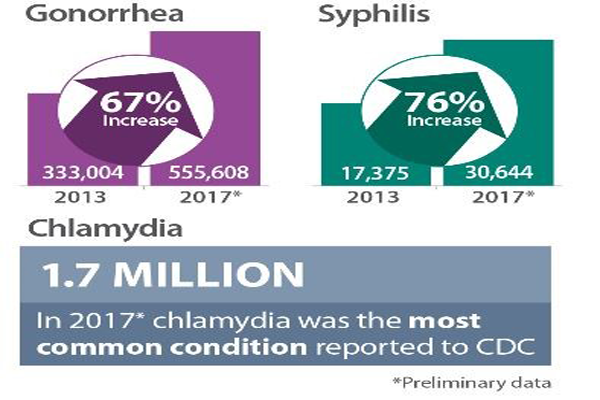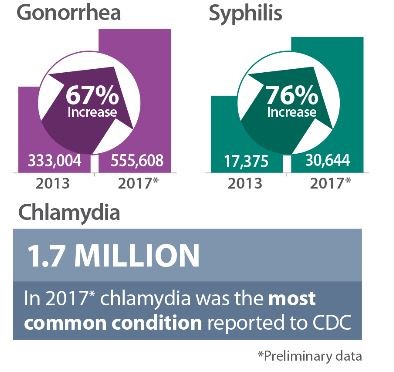
Addressing Rising Rates of STDs with innovative Public Health Programs
Why are rates of STD increases rising so quickly in the US?


Register
Course Information
- Audience: Public Heath Professionals, school health, community professionals engaged with populations of concern
- Format: Webinar
- Date/Time: June 17th , 2019
12:00-1:00 PM EST - Price: Free
- Length: 1 hour
- Credential(s) eligible for contact hours: Sponsored by New England Public Health Training Center (NEPHTC), a designated provider of continuing education contact hours (CECH) in health education by the National Commission for Health Education Credentialing, Inc. This program is designated for Certified Health Education Specialists (CHES) and/or Master Certified Health Education Specialists (MCHES) to receive up to 1 total Category I continuing education contact hours. Maximum advanced-level continuing education contact hours are 1. Provider ID: 1131137 Event ID: SS1131137_ARRSTD.
If you are not seeking CHES/MCHES contact hours, if you complete the evaluation, you will receive a Certificate of Completion. The Certificate will include the length of the course. - Competencies: Community Partnership Skills
- Learning Level: Awareness
- Companion Trainings None
- Supplemental materials: None
- Pre-requisites: None
About this Webinar
This webinar focuses on the epidemiology of STD infection in the US, including recent increases in STD rates. It also describes innovative strategies to diagnose and treat STDs in New England and beyond.
What you'll learn
At the end of the course, participants will be able to:
- Discuss the epidemiology of increasing STDs across the United States and in New England.
- Identify recent advances in clinical prevention and treatment of STDs.
- Describe innovative public health approaches to "express " screening for STDs.
Subject Matter Expert
Dr. Philip A.Chan, MD, MS
Medical director, RIPHI, Associate Professor, Department of Medicine at Brown University.
Dr. Philip A. Chan, MD, MS is Medical Director, Rhode Island Public Health Institute, and an Associate Professor in the Department of Medicine at Brown University. He has a secondary appointment in the Department of Behavioral and Social Sciences at the Brown University School of Public Health. Dr. Chan is Medical Director of the premier sexually transmitted diseases (STD) clinic in Rhode Island, as well as Rhode Island’s only dedicated Pre-Exposure Prophylaxis (PrEP) Program. Dr. Chan is PI of multiple NIH grants to study HIV prevention including intervention to promote PrEP uptake and HIV testing. He is PI of a three-site PrEP clinical implementation science program in Jackson, Mississippi, St. Louis, Missouri and Providence, Rhode Island (NIMH, MPI, R01MH114657). Dr. Chan is also site PI of the local AIDS Education and Training Center (AETC) in Rhode Island. He serves as Consultant Medical Director for the Rhode Island Department of Health Center for HIV/AIDS, Viral Hepatitis, STDs, and TB and is actively engaged in many clinical and community-based public health programs to respond to STD and HIV rates among sexual and gender minorities in Rhode Island and beyond. He is also the medical director of the Rhode Island Public Health Institute.
Registration and Contact Hours
Select the Enroll button below to register for this webinar. If you have any trouble accessing the webinar, contact trainingmanager@nephtc.org.
The Certificate of Completion will include the length of the webinar. Generally 50 – 60 minutes is equivalent to 1 contact hour. Contact hours may be applicable towards continuing education requirements for certain credentials. Check with your credentialing body to verify if the topic meets its continuing education requirements.
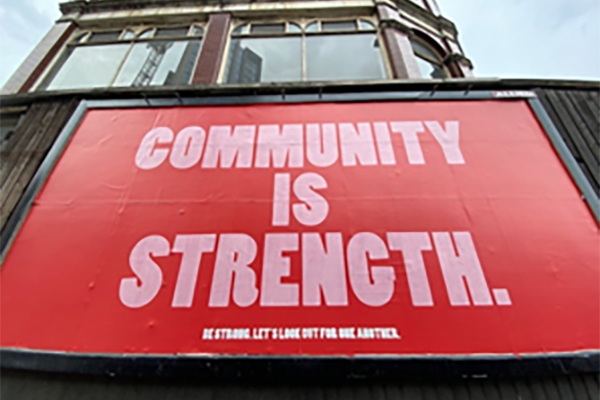
Advancing Health Literacy: City-wide Needs Assessment
How do we identify the needs of at-risk populations to advance health literacy and access to health care and resources?

Course Information
- Audience: Public health professionals, community health workers others interested in community health and identifying and addressing needs of at-risk communities
- Format: Webinar
- Date/Time: June 28, 2023
12:00 PM - 1:00 PM EST - Price: Free
- Length: 1 hour
- Credential(s) eligible for contact hours: Sponsored by New England Public Health Training Center (NEPHTC), a designated provider of continuing education contact hours (CECH) in health education by the National Commission for Health Education Credentialing, Inc. This program is designated for Certified Health Education Specialists (CHES) and/or Master Certified Health Education Specialists (MCHES) to receive up to 1 total Category I continuing education contact hours. Maximum advanced-level continuing education contact hours are 0. Provider ID: 1131137 Event ID: PM1131137_06282023.
If you are not seeking a CHES/MCHES contact hours, if you complete the post-test and evaluation, you will receive a Certificate of Completion. The Certificate will include the length of the course.
- Competencies: Community Partnership Skills
- Learning Level: Awareness
- Companion Trainings: None
- Supplemental materials:None
- Pre-requisites None
About this Webinar
The Rhode Island Public Health Institute, in partnership with the city of Providence and the Providence Community Clinics Network conducted a mixed-methods needs assessment focused on Communities of Color in Providence RI. The needs assessment focused on characterizing health literacy needs with a focus of COVID-19 and other topics of public health significance which intersect with the pandemic.
.What you'll learn
At the end of the course, participants will be able to:
- Discuss capacity building for reaching at-risk populations
- Identify health literacy and resource needs of Black/African American and Hispanic/Latinx individuals in Rhode Island.
Subject Matter Expert
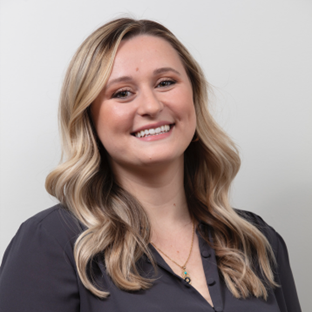
Yelena Malyuta
Yelena Malyuta is the Director of Evaluation at the Rhode Island Public Health Institute. Her work focuses on research and evaluation efforts in community and clinical settings. She is passionate about community-driven and informed solutions to public health challenges. Yelena received a Master of Public Health from The University of Massachusetts and a Bachelor of Science in Medical Microbiology from the University of New Hampshire.
Registration
Select the Enroll Me button below to register for this webinar. If you have any trouble accessing the webinar, contact support@nephtc.org.
Acknowledgement: This project is supported by the Health Resources and Services Administration (HRSA) of the U.S. Department of Health and Human Services (HHS) as part of award 2 UB6HP31685‐05‐00 “Public Health Training Centers.” The contents are those of the author(s) and do not necessarily represent the official views of, nor an endorsement, by HRSA, HHS or the U.S. Government.
Anti-Fatness in Public Health
Reconsidering "obesity" and its "prevention"
How does weight stigma and anti-fat bias intersect with public health practice?
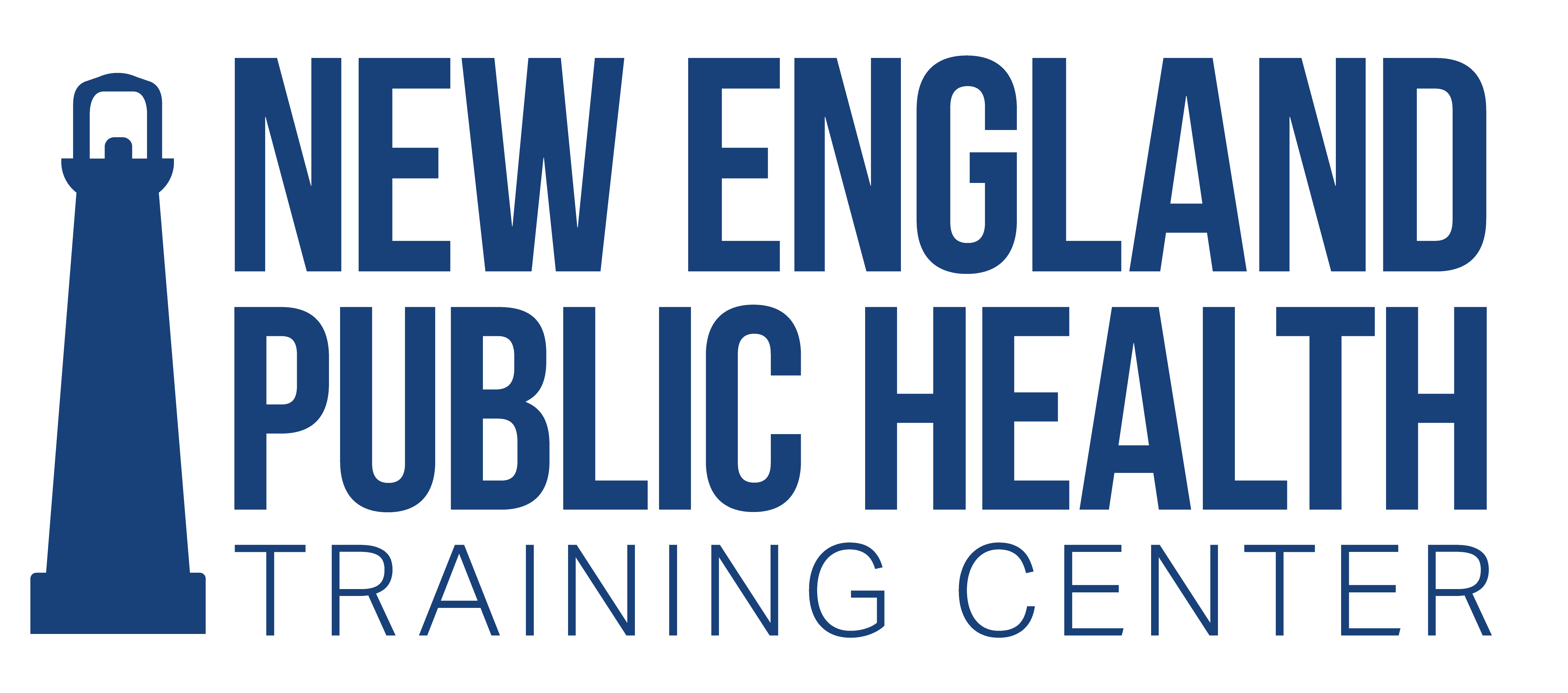
Course Information
- Audience: Public Health workers, researchers, healthcare providers
- Format: Self-paced
- Price: Free
- Length: 1 hour
- Credential(s) eligible for contact hours: 1 hour
Sponsored by New England Public Health Training Center (NEPHTC), a designated provider of continuing education contact hours (CECH) in health education by the National Commission for Health Education Credentialing, Inc. This program is designated for Certified Health Education Specialists (CHES) and/or Master Certified Health Education Specialists (MCHES) to receive up to 1. total Category I continuing education contact hours. Maximum advanced-level continuing education contact hours are 0. Provider ID: 1131137 Event ID: PM1131137_03252023.
If you are not seeking a CHES/MCHES contact hours, if you complete the post-test and evaluation, you will receive a Certificate of Completion. The Certificate will include the length of the course. - Competencies: Health Equity
- Learning Level: Awareness
- Supplemental materials: None
- Pre-requisites: None
About this course
Our public health and healthcare systems have focused heavily on "obesity" as a disease to be prevented. However, much of this is confounded by weight stigma and anti-fat bias within our own work. A paradigm shift from "obesity prevention" to understanding weight stigma as a social and structural determinant, public health practitioners and researchers can avoid causing harm, and push for better outcomes for their communities.
What you'll learn
After completing the training, you will be able to...
- Define weight stigma as a multilevel system of material oppression
- Identify/recognize how weight stigma contributes to poor health outcomes and confounds epidemiologic research
- Understand how common practices in public health promote, uphold, and create weight stigma
Subject Matter Experts
 |
 |
|
|---|---|---|
| Marquisele (Mikey) Mercedes | Monica Kriete, MPH | |
Presidential Fellow, Brown University School of Public Health, Co-host, Unsolicited: Fatties Talk Back |
Writer, speaker, and consultant |
Enrollment and Contact Hours
Note there are two different options for enrolling in this course highlighted in the table below.
The Certificate of Completion will include the length of the module. Generally 50 – 60 minutes is equivalent to 1 contact hour. Contact hours may be applicable towards continuing education requirements for certain credentials. Check with your credentialing body to verify if the topic meets its continuing education requirements.
Sponsored by NEPHTC & YSPH, a designated provider of continuing education contact hours (CECH) in health education by the National Commission for Health Education Credentialing, Inc. This program is designated for Certified Health Education Specialists (CHES) and/or Master Certified Health Education Specialists (MCHES) to receive up to1total Category I continuing education contact hours. Maximum advanced-level continuing education contact hours are0. Provider ID #1131137. Event ID #SS1131137_AFAPH
Having trouble accessing the course? Contact support@nephtc.org
Acknowledgement: This project is supported by the Health Resources and Services Administration (HRSA) of the U.S. Department of Health and Human Services (HHS) as part of award 2 UB6HP31685‐05‐00 “Public Health Training Centers.” The contents are those of the author(s) and do not necessarily represent the official views of, nor an endorsement, by HRSA, HHS or the U.S. Government.

Closing the Digital Divides and Achieving Digital Equity
How does one motivate and mobilize an entire community to attempt to close the digital divide and achieve digital equity?


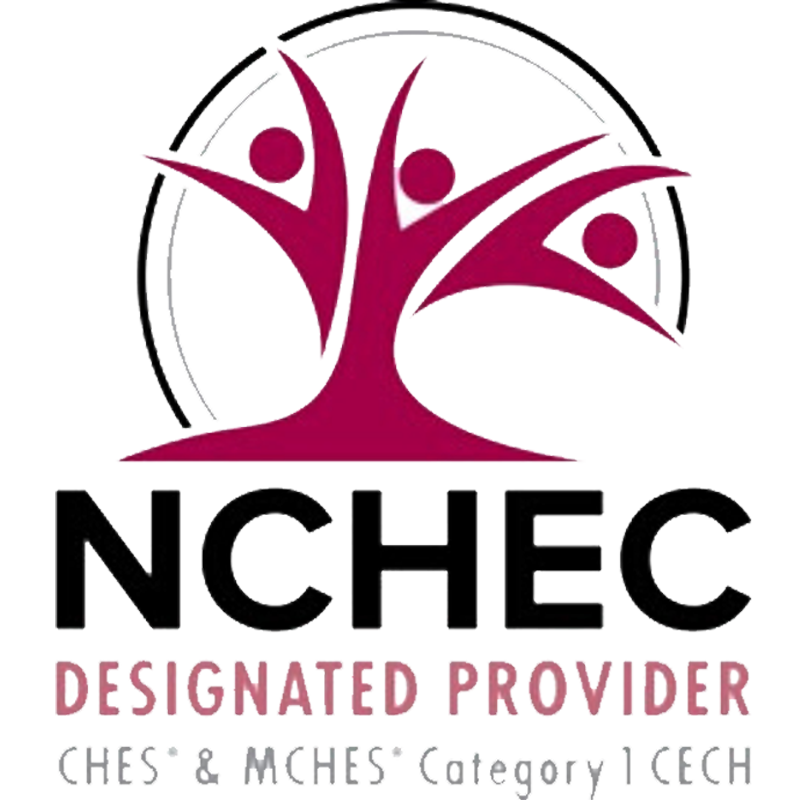
Register
Course Information
- Audience: Public Health Professionals and working professionals in Western Massachusetts
- Format: Online Webinar, Q&A option for participants with both guest panelists
- Date/Time: October 21, 2020
12:00 - 1:00 PM EST - Price: Free
- Length: 1 hour (50 minutes for panelists and remaining 10 for questions and evaluation)
- Credential(s) eligible for contact hours: Sponsored by New England Public Health Training Center (NEPHTC), a designated provider of continuing education contact hours (CECH) in health education by the National Commission for Health Education Credentialing, Inc. This program is designated for Certified Health Education Specialists (CHES) and/or Master Certified Health Education Specialists (MCHES) to receive up to 1 total Category I continuing education contact hours. Maximum advanced-level continuing education contact hours are 1. Provider ID: 1131137 Event ID: PM1131137_10212020.
If you are not seeking CHES/MCHES contact hours, if you complete the evaluation, you will receive a Certificate of Completion. The Certificate will include the length of the course.
- Competencies: Policy Development and Program Planning Skills
- Learning Level: Awareness
- Companion Trainings: None
- Supplemental materials:Session PowerPoint
- Pre-requisites None
About this Webinar
The digital divide* is a public health crisis now more than ever. In the heightened moment of COVID-19 we see a digital divide gap widening throughout Western Massachusetts. This webinar will discuss how Western Massachusetts communities are addressing the digital divides resulting from digital literacy, internet connectivity, internet infrastructure particularly equipment, and policy. This conversation simultaneously includes urban and rural communities in a collective approach in addressing low income and BIPOC (Black, Indigenous, People of Color) communities.
*A digital divide is an economic and social inequality with regard to access to, use of, or impact of information and communication technologies(ICT).[1] The divide within countries (such as the digital divide in the United States) may refer to inequalities between individuals, households, businesses, or geographic areas, usually at different socioeconomic levels or other demographic categories . - From Wikipedia, https://en.wikipedia.org/wiki/Digital_divide
What you'll learn
At the end of the course, participants will be able to:
- List standard and functional definitions for digital divide, digital equity, and digital literacy
- Discuss how to assess where digital divides occur in your organization or community
- Describe the steps for mobilizing stakeholders to heighten awareness of digital divides and take action to close divides in program, organization, and community settings
Subject Matter Experts
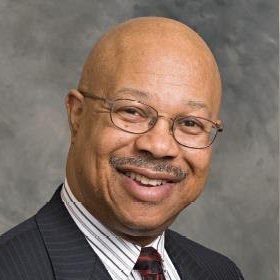
Frank Robinson, Ph.D.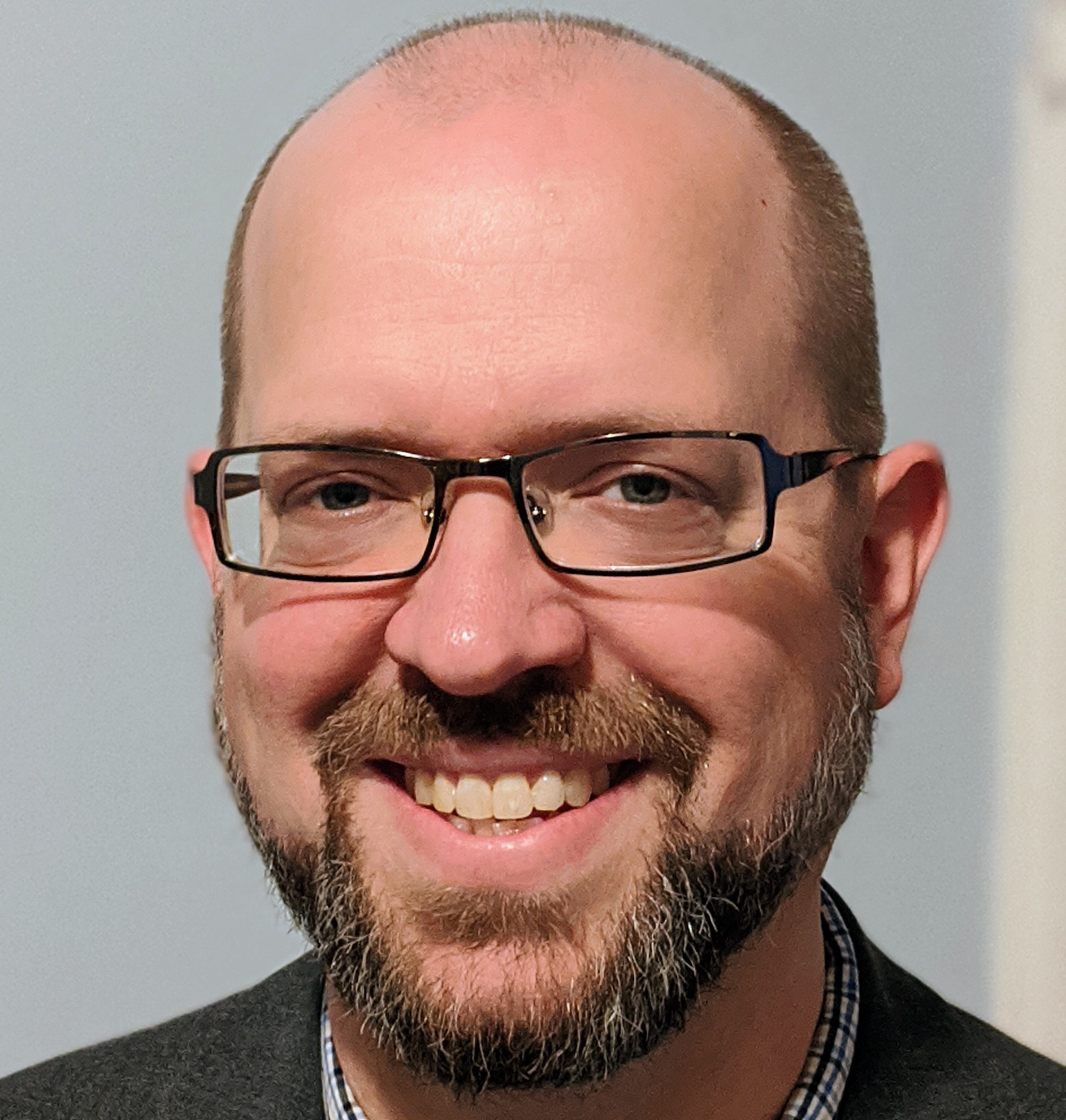
Paul Foster

Paul R Murphy
In 2015 Frank Robinson, Ph.D., became the Vice President of Public Health & Community Relations for Baystate Health. In this role, Dr. Robinson is responsible for integrating clinical and community care to better serve vulnerable people and populations across the spectrum of diversity and create healthier communities. In leading Baystate’s efforts to expand the definition of health to include economic opportunity; access to education, nutritious food and culture; safe neighborhoods, and other underlying essentials of a person’s and a community’s ability to thrive, Dr. Robinson focuses on building community partnerships to achieve large-scale health improvements, including resource development, health education and health equity initiatives and community benefits.
Dr. Robinson earned his Ph.D. in Public Health - Community Health Education from the University of Massachusetts, Amherst, MA; his Master of Arts in Community Psychology from Mansfield University, Mansfield, PA; and his Bachelor of Arts in Psychology from State University of New York, Oswego, NY.
Residency Program at the Maine Medical Center. She helps co-found the Yarmouth Community Coronavirus Task Force in Yarmouth Maine.
Paul Foster is the Chief Information and Accountability Officer for the Springfield Public Schools. A member of the Superintendent’s Cabinet, he is responsible for technology, digital learning, assessment, planning and evaluation, computer science instruction, data, and research. In this role he has led the implementation of a one-to-one computing program for every student in the district; expanded the availability and use of data and predictive analytics; launched Springfield’s computer science for all initiative; and, created the community data warehouse for data sharing between the school district and community-based organizations serving children.
Mr. Foster’s background is in research and data analytics in the public sector as he served as the Regional Information Center Manager at the Pioneer Valley Planning Commission; as an Analyst with the Massachusetts Budget and Policy Center; and as the founder and first Director of the City of Springfield’s CitiStat performance management program. A proud resident of Springfield, he has a BA in History and African American Studies from Harvard College and an MA in Social Policy from Brandeis University.
Paul Murphy is the incoming Board Chair of the Community Foundation of Western Massachusetts. Recently, he was Chair of the Community Foundation’s Distribution Committee. In that role, Mr. Murphy participated in the distribution of more than $6,500,000 from the Community Foundation’s COVID-19 Response Fund to nonprofit organizations serving vulnerable individuals and families throughout the Pioneer Valley.
Mr. Murphy is a Trustee of Baystate Health and has served on the Board of Trustees of other nonprofit organizations. He is the retired Legal and Administrative Counsel of Amherst College and a former Partner of Foley Hoag LLP, a Boston-based law firm with offices in New York, New York, Washington, D.C. and Paris, France. Mr. Murphy has a BA in Physics from Amherst College and a J.D. from Yale Law School. Paul and his wife, Dale live in Northampton, MA.
Registration
Select the Enroll Me button below to register for this webinar. If you have any trouble accessing the webinar, contact support@nephtc.org.
Acknowledgement: This project is/was supported by the Health Resources and Services Administration (HRSA) of the U.S. Department of Health and Human Services (HHS) under grant number UB6HP31685 “Regional Public Health Training Center Program.” This information or content and conclusions are those of the author and should not be construed as the official position or policy of, nor should any endorsements be inferred by HRSA, HHS or the U.S. Government.
* Yale School of Public Health,
Office of Public Health Practice, a New England Public Health Training Center
partner, is a designated provider of continuing education contact hours (CECH)
in health education by the National Commission for Health Education
Credentialing, Inc. All CHES credit inquiries are managed by YSPH
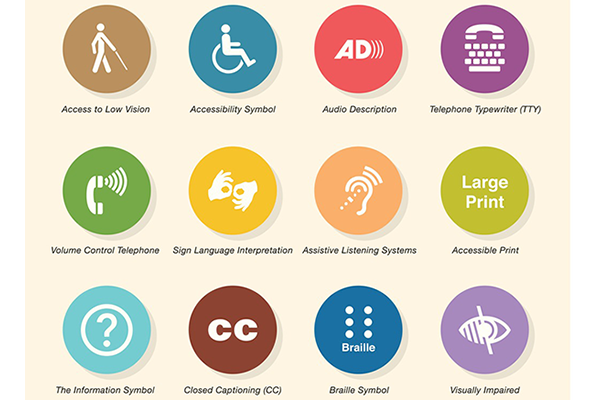
Connecting Compassion and Technology: How Website Accessibility Boosts Visibility and Search Engine Optimization
What makes a website accessible and engaging to diverse audiences?
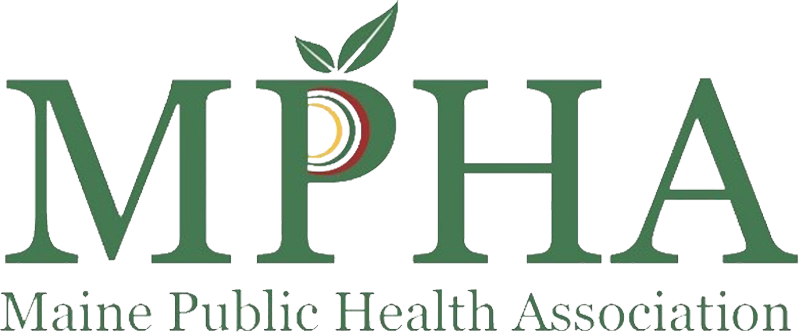

Register
Course Information
- Audience: All public health professionals working in nonprofits, healthcare, educational institutions, government and private sector
- Format: Webinar
- Date/Time: Thursday, September 7th, 2023 12:00 PM – 1:00 PM ET.
- Price: Free
- Length: 1 hour
- Credential(s) eligible for contact hours: Sponsored by New England Public Health Training Center (NEPHTC), a designated provider of continuing education contact hours (CECH) in health education by the National Commission for Health Education Credentialing, Inc. This program is designated for Certified Health Education Specialists (CHES) and/or Master Certified Health Education Specialists (MCHES) to receive up to 1 total Category I continuing education contact hours. Maximum advanced-level continuing education contact hours are 1. Provider ID: 1131137 Event ID: PM1131137_09072023.If you are not seeking a CHES/MCHES contact hours, if you complete the evaluations, you will receive a Certificate of Completion. The Certificate will include the length of the course.
- Competencies: Communication Skills
- Learning Level: Performance
- Companion Trainings: None
- Supplemental materials:None
- Pre-requisites: None
About this Webinar
Discover the basics of website accessibility and Search Engine Optimization (SEO) as Dr. Amanda Diver, a Physical Therapist turned website developer, shares expert insights and practical strategies in this webinar. Amanda will guide attendees to identify areas for improvement and implement effective strategies to enhance compliance and search engine rankings.
What you'll learn
At the end of the recording, participants will be able to:
- Discuss the significance and meaning of website accessibility and its impact on your organization.
- Identify areas to improve American with Disabilities Act compliance and emerging regulations.
- Utilize practical tools for implementing accessibility changes on your website, including color contrast, website architecture, and more.
- Develop effective Search Engine Optimization (SEO) strategies to improve your website’s search engine rankings.
Subject Matter Expert
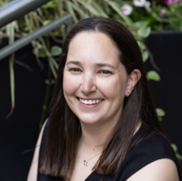
Dr. Amanda Diver
PT, DPT, CPACC
Dr. Amanda Diver, PT, DPT, CPACC, is a Physical Therapist, Website Developer and Accessibility and Search Engine Optimization (SEO) expert. She provides consulting services to diverse businesses and organizations to help clients reach larger audiences, by increasing website accessibility and improving online presence. Over the past several years, during the process of building websites for clients, Dr. Diver realized that 96.8% of the web was not accessible to everyone. This led to the realization that accessibility plays a huge role in SEO, which allows websites to show up in Google and other search engines. This ignited her passion in this emerging field. With her knowledge and experience as a Physical Therapist, and her history working with over 100 business owners across diverse industries on their websites, Dr. Diver set out to become a Certified Professional in Accessibility Core Competency (CPACC). This foundational credential strengthened her skills in digital technologies, architectural considerations, and thoughtful design as well as her understanding of compliance responsibilities requiring disability access. Dr. Diver’s insights and practical solutions captivate audiences by explaining complex material to those less comfortable with technology. She authored A Beginner’s Guide to Indoor Rowing and owns and curates sites such as The Rowing Doc and Healthy Digital. Amanda Diver lives in Colorado with her husband and two fur-kids.
Registration
Select the Enroll Me button below to register for this recording. If you have any trouble accessing the recording, contact support@nephtc.org.
Acknowledgement: This project is supported by the Health Resources and Services Administration (HRSA) of the U.S. Department of Health and Human Services (HHS) as part of award 2 UB6HP31685‐05‐00 “Public Health Training Centers.” The contents are those of the author(s) and do not necessarily represent the official views of, nor an endorsement, by HRSA, HHS or the U.S. Government.

Defining, Assessing, and Addressing Rurality and Public Health
How do you address
public health in rural areas?

Register
Course Information
- Audience: Public Health Professionals, Community Health Workers
- Format: Webinar
- Date/Time: Wednesday, October 12th, 2022 12:30 PM – 1:30 PM EST.
- Price: Free
- Length: 1 hour
- Credential(s) eligible for contact hours: Sponsored by New England Public Health Training Center (NEPHTC), a designated provider of continuing education contact hours (CECH) in health education by the National Commission for Health Education Credentialing, Inc. This program is designated for Certified Health Education Specialists (CHES) and/or Master Certified Health Education Specialists (MCHES) to receive up to 1 total Category I continuing education contact hours. Maximum advanced-level continuing education contact hours are 0. Provider ID: 1131137 Event ID: SS1131137_DAARPH.If you are not seeking a CHES/MCHES contact hours, if you complete the post-test and evaluation, you will receive a Certificate of Completion. The Certificate will include the length of the course.
- Competencies: Policy Development and Program Planning Skills
- Learning Level: Awareness
- Companion Trainings: None
- Supplemental materials:None
- Pre-requisites: None
About this Webinar
Addressing public health in rural areas requires a unique approach. Join this panel discussion to learn about rural health in Maine, how to define "rurality" and how to innovatively adapt public health efforts in rural regions.
What you'll learn
At the end of the recording, participants will be able to:
- Describe what rurality means in Maine.
- Identify 2-3 ways to address public health challenges in rural Maine.
Subject Matter Experts
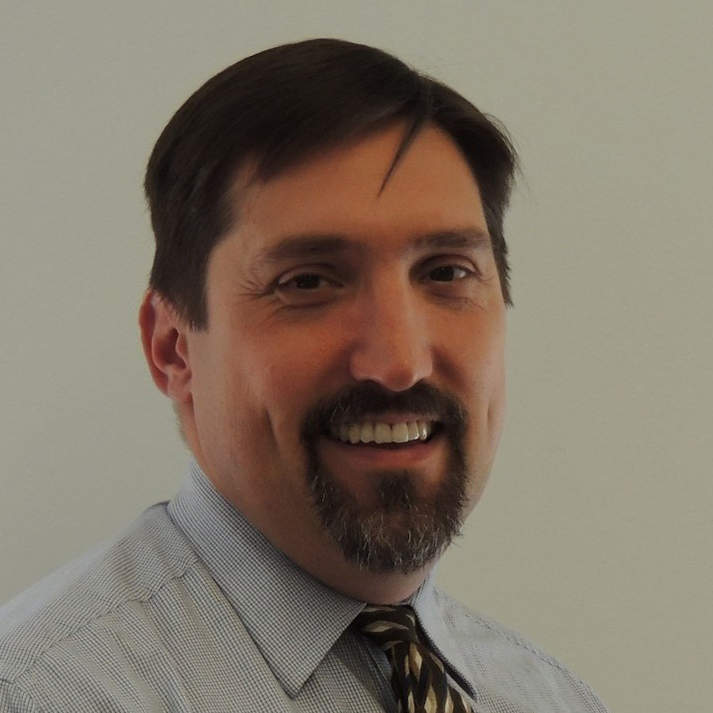
Tim Cowan
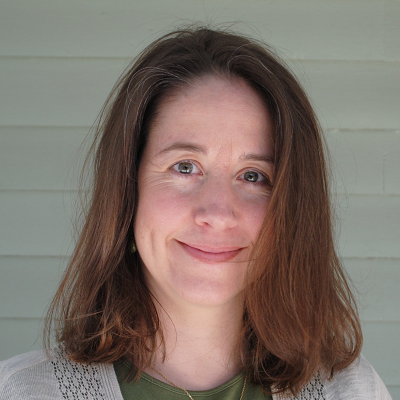
Erika Ziller

Tom Judge
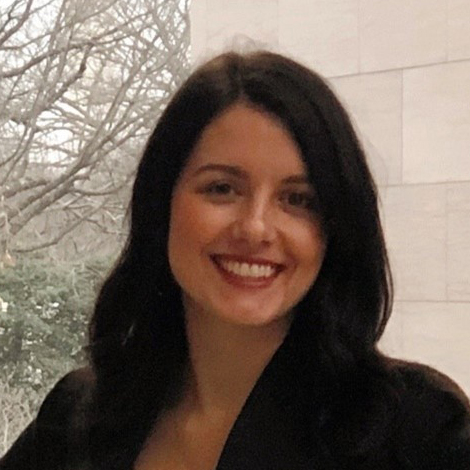
Sabrina Keene
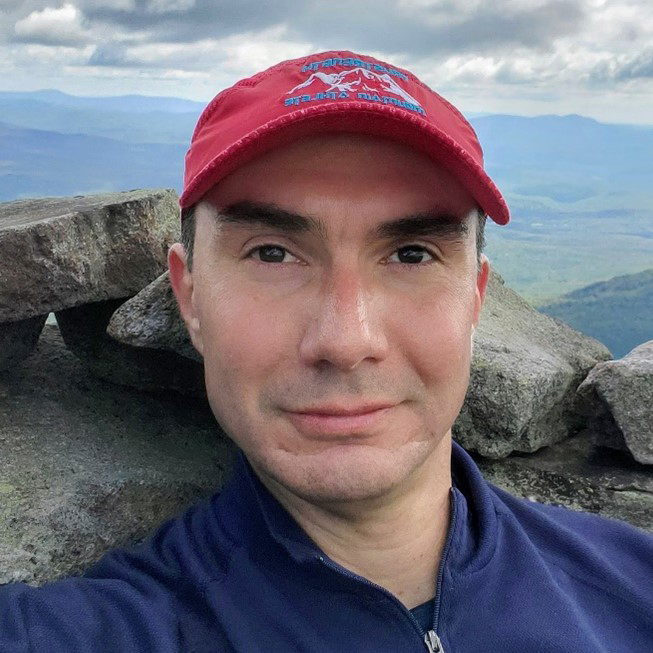
Brendan Schauffler
Tim Cowan received his Masters of Science in Public Health in 1994, with a focus in epidemiology. Since then, he has been an analyst and/or administrator for multiple program evaluation and quality improvement projects. Currently, Tim is the Director of Community Health Surveillance and Evaluation at MaineHealth. Tim leads programs that help MaineHealth prioritize the community health issues toward which system resources are allocated. In addition, Tim oversees activities to analyze data and disseminate information about opportunities for most effectively addressing the priority health issues, as well as to provide feedback on the collective impact being made by the many organizations involved.
Erika Ziller is Chair of Public Health at the University of Southern Maine, where she also serves as the Director of the Maine Rural Health Research Center (https://mrhrc.org/). She began her career at the intersection of public health and social work practice, where she observed how policy can impact the wellbeing of individuals and communities. Since then, Dr. Ziller has been committed to policy-informed research aimed at improving health care access for underserved populations, particularly rural residents. She grew up in small-town Maine and obtained all three of her degrees, including a PhD in public policy, from the University of Southern Maine. In recognition of her contributions to rural health policy, Dr. Ziller received the Louis Gorin Award for Outstanding Achievement in Rural Health from the National Rural Health Association. She served on the editorial board of the Journal of Rural Health and is an active member of the National Rural Health Association.
Tom Judge is founding Executive Director of LifeFlight of Maine/ LifeFlight Foundation. LifeFlight of Maine, a non-profit hospital consortium critical care system. (www.lifeflightmaine.org) serving over 40 hospitals in Maine and New England as well as providing primary response to accident scenes and medical emergencies to remote and island communities. With an extensive background in emergency medical services and air medicine he has worked in the private, public and non-government sectors designing and implementing systems nationally and internationally. Thomas has served as an air medical and EMS subject matter expert for the Institute of Medicine, the US Government Accountability Office, the National Transportation Safety Board, the State of Maryland, as well as five successive appointments to the Federal National EMS Advisory Council and a current appointment to the Federal Air Ambulance Patient Billing Advisory Committee.
Sabrina Keene attended the University of Maine at Farmington in Farmington Maine from 2011- 2017. She holds a B.S degree in Community Health. Sabrina currently leads the resource team at Healthy Community Coalition connecting patients and community members to services throughout Franklin County. She also host bi-monthly Franklin Resource Collaborative meetings where community members, businesses, and state organizations come together to collaborate efforts that best serve the community. Sabrina also coordinates harm reduction initiatives under two opioid related grants at Healthy Community Coalition, and is working on efforts to mobilize a syringe exchange in Franklin County. Sabrina has been with Healthy Community Coalition for five years working on a variety of grants, and has her Prevention Specialist certification.
Brendan Schauffler has worked in public health in rural Western Maine for the past ten years, cultivating a broad network of relationships with community partners across diverse sectors. Working with those partners in groups both large and small allowed him to practice being a careful listener and communicator, and to create spaces where meaningful conversations can be held around deep-held concerns regarding community health. Much of his work over the past five years has focused on Substance Use Disorder, Adverse Childhood Experiences and resilience, and diseases of despair.
Registration
Select the Enroll Me button below to register for this recording. If you have any trouble accessing the recording, contact support@nephtc.org.
Acknowledgement: This project is supported by the Health Resources and Services Administration (HRSA) of the U.S. Department of Health and Human Services (HHS) as part of award 2 UB6HP31685‐05‐00 “Public Health Training Centers.” The contents are those of the author(s) and do not necessarily represent the official views of, nor an endorsement, by HRSA, HHS or the U.S. Government.

Eat Well Be Well Rewards: Rhode Island’s Statewide Retail SNAP Incentive Program and Evaluation
How do we implement a statewide SNAP incentive program and evaluate it to ensure sustainability?

Course Information
- Audience: Public health professionals, community health workers others interested in community health and identifying and addressing needs of at-risk communities
- Format: Webinar
- Date/Time: December 14, 2023
12:00 PM - 1:00 PM EST - Price: Free
- Length: 1 hour
- Credential(s) eligible for contact hours: Sponsored by New England Public Health Training Center (NEPHTC), a designated provider of continuing education contact hours (CECH) in health education by the National Commission for Health Education Credentialing, Inc. This program is designated for Certified Health Education Specialists (CHES) and/or Master Certified Health Education Specialists (MCHES) to receive up to 1 total Category I continuing education contact hours. Maximum advanced-level continuing education contact hours are 0. Provider ID: 1131137 Event ID: PM1131137_12142023.
If you are not seeking a CHES/MCHES contact hours, if you complete the post-test and evaluation, you will receive a Certificate of Completion. The Certificate will include the length of the course. - Competencies: Community Partnership Skills
- Learning Level: Awareness
- Companion Trainings: None
- Supplemental materials:None
- Pre-requisites None
About this Webinar
The Rhode Island Public Health Institute led an advocacy campaign for a statewide SNAP incentive program in retail settings; Eat Well Be Well Rewards. We have started evaluating the program and conducting surveys in the retail stores across the state.
What you'll learn
At the end of the course, participants will be able to:
- Describe Implementing a state-wide evaluation in retail settings
- Discuss food insecurity across Rhode Island
- Learn about conducting a state-wide program evaluation
- Understand utilization of Eat Well, Be Well.
Subject Matter Experts

Yelena Malyuta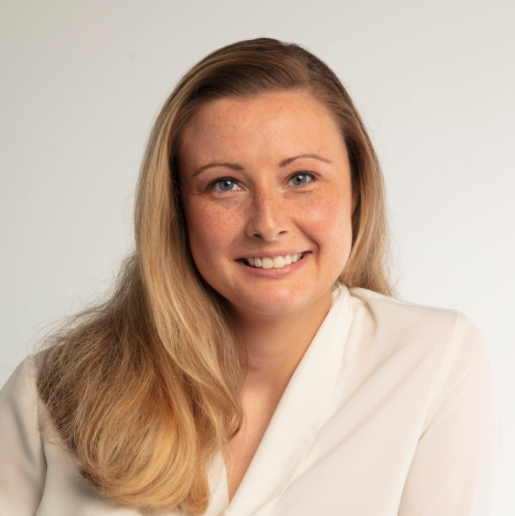
Kerri Connolly Max Erbe
Max Erbe
Yelena Malyuta is the Director of Evaluation at the Rhode Island Public Health Institute. Her work focuses on research and evaluation efforts in community and clinical settings. She is passionate about community-driven and informed solutions to public health challenges. Yelena received a Master of Public Health from The University of Massachusetts and a Bachelor of Science in Medical Microbiology from the University of New Hampshire.
Kerri Connolly is the Deputy Director of the Rhode Island Public Health Institute and holds a secondary placement as Project Director at Brown University School of Public Health. Her work focuses on implementing programs that eliminate barriers to healthy food access and using data-driven metrics to inform and advocate for policies at the state and federal level. Kerri received her Bachelor of Science in Nutrition from Simmons University and is nearly complete with her Master of Public Health from Brown University.
Max Erbe, MPH, is the Programs and Research Director at the Rhode Island Public Health institute. He received his Masters in Public Health Policy from the University of Alabama at Birmingham while simultaneously completing a service year through AmeriCorps before joining RIPHI in 2022. Since then, Max has lead and contributed to a variety of initiatives focused on food access, sexual health, health policy, and public health innovation at RIPHI. He helps lead RIPHI’s evaluation of the Eat Well, Be Well program.
Registration
Select the Enroll Me button below to register for this webinar. If you have any trouble accessing the webinar, contact support@nephtc.org.
Acknowledgement: This project is supported by the Health Resources and Services Administration (HRSA) of the U.S. Department of Health and Human Services (HHS) as part of award 2 UB6HP31685‐05‐00 “Public Health Training Centers.” The contents are those of the author(s) and do not necessarily represent the official views of, nor an endorsement, by HRSA, HHS or the U.S. Government.
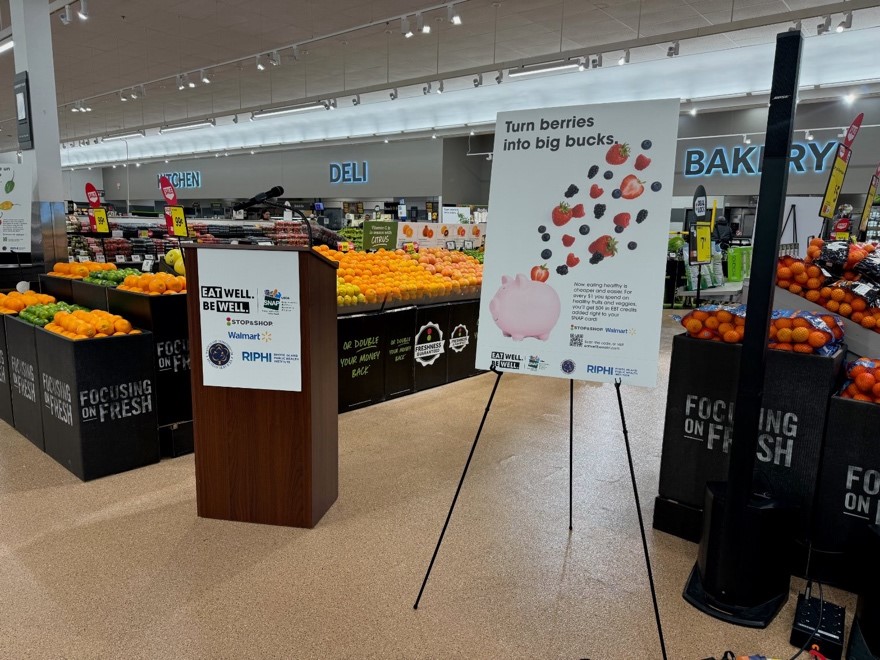
Eat Well, Be Well; Evaluating the Country's First Statewide Retail Snap Incentive Program
Eat Well, Be Well: Evaluating the Country’s First Statewide Retail SNAP Incentive Program
What are the impacts of the country’s first state-wide retail SNAP incentive program, Eat Well, Be Well?

Course Information
- Audience: Public health professionals, community health workers, and others interested in food security
- Format: Webinar
- Price: Free
- Date / Time: February 4th. 2025
1:00 PM - 2:00 PM EST - Credential(s) eligible for contact hours:
Sponsored by New England Public Health Training Center (NEPHTC), a designated provider of continuing education contact hours (CECH) in health education by the National Commission for Health Education Credentialing, Inc. This program is designated for Certified Health Education Specialists (CHES) and/or Master Certified Health Education Specialists (MCHES) to receive up to 1 total Category I continuing education contact hour. Maximum advanced-level continuing education contact hour is 0. Provider ID: 1131137 Event ID: SS1131137_HECCDH.
If you are not seeking a CHES/MCHES contact hours, if you complete the post-test and evaluation, you will receive a Certificate of Completion. The Certificate will include the length of the course. - Competencies:Analytical / Assessment Skills
- Learning Level: Awareness
- Companion trainings: None
- Supplemental materials: Powerpoint and webinar recording
- Pre-requisites: None Articulate
- Technical Requirements:
About this Webinar
The Rhode Island Public Health Institute (RIPHI) led an advocacy campaign for a statewide SNAP incentive program in retail settings; Eat Well, Be Well. A comprehensive evaluation of the program has been ongoing to understand its impact.
What you'll learn
At the end of this webinar, you will be able to:
- Examine the impact of Eat Well, Be Well; the country’s first statewide retail SNAP incentive program
- Learn about conducting a state-wide program evaluation
- Understand utilization of Eat Well, Be Well.
Subject Matter Experts
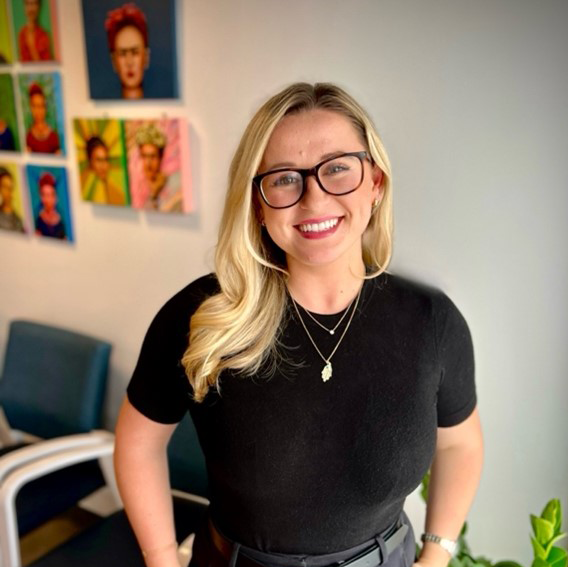
Yelena Malyuta
Senior Director of Programs and Research
Rhode Island Public Health Institute
Max Erbe, MPH
Programs and Research Director at the Rhode Island Public Health institute
Yelena Malyuta is the Senior Director of Programs and Research at the Rhode Island Public Health Institute. In her current role, Yelena oversees research, evaluation, programs and data infrastructure across the organization. She is passionate about data driven and community informed solutions to public health challenges. Yelena received a Master of Public Health from The University of Massachusetts and a Bachelor of Science in Medical Microbiology from the University of New Hampshire.
Max Erbe, MPH, is the Programs and Research Director at the Rhode Island Public Health institute. He received his Masters in Public Health Policy from the University of Alabama at Birmingham while simultaneously completing a service year through AmeriCorps before joining RIPHI in 2022. Since then, Max has lead and contributed to a variety of initiatives focused on food access, sexual health, health policy, and public health innovation at RIPHI. He helps lead RIPHI’s evaluation of the Eat Well, Be Well program.
Enrollment and Contact Hours
Select the Enroll button below to register for the course. If you have any trouble accessing the course, contact support@nephtc.org.
Acknowledgement: This project is supported by the Health Resources and Services Administration (HRSA) of the U.S. Department of Health and Human Services (HHS) as part of award 2 UB6HP31685‐05‐00 “Public Health Training Centers.” The contents are those of the author(s) and do not necessarily represent the official views of, nor an endorsement, by HRSA, HHS or the U.S. Government.
This training was supported by the Health Resources and Services Administration (HRSA) of the U.S. Department of Health and Human Services (HHS) as part of a financial assistance award totaling $400,000 with 100% funded by HRSA/HHS and
0% funded by nongovernment source(s). The contents are those of the author(s) and do not necessarily represent the official views of, nor an endorsement, by HRSA/HHS, or the U.S. Government.
* Yale School of Public Health, Office of Public Health Practice, a New England Public Health Training Center partner, is a designated provider of continuing education contact hours (CECH) in health education by the National Commission for Health Education Credentialing, Inc. All CHES credit inquiries are managed by YSPH
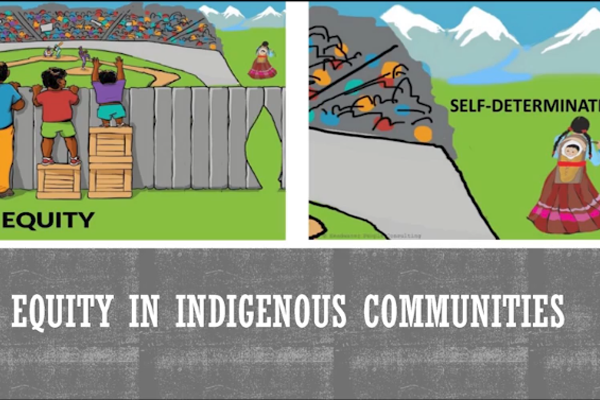
Engaging Indigenous Communities in Health Equity Activities
Learn more about this webinar!
Engaging Indigenous Communities in Health Equity Activities
How can we ensure that the needs of indigenous communities are not overlooked in health equity efforts?

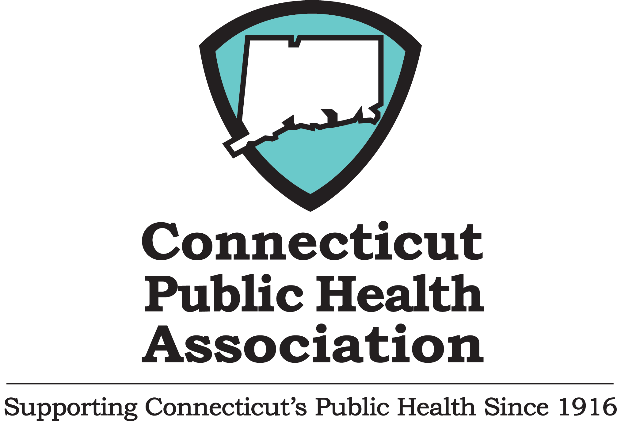

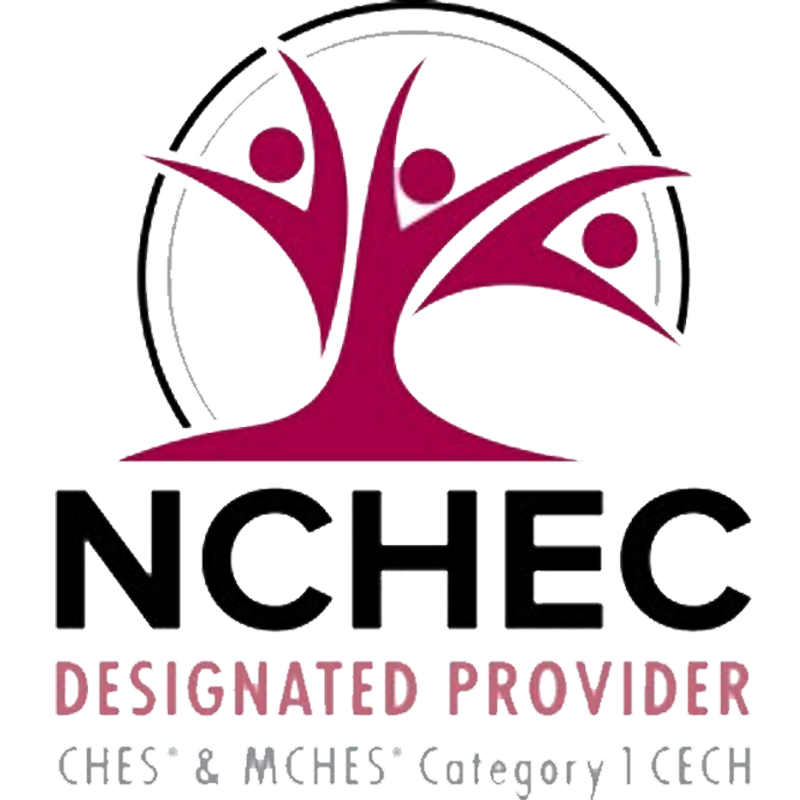
Register
Course Information
- Audience: Public health workforce
- Format: Recorded Webinar
- Date/Time: Recorded on November 10 2020
- Price: Free
- Length: 30 min
- Credential(s) eligible for contact hours: Sponsored by New England Public Health Training Center (NEPHTC), a designated provider of continuing education contact hours (CECH) in health education by the National Commission for Health Education Credentialing, Inc. This program is designated for Certified Health Education Specialists (CHES) and/or Master Certified Health Education Specialists (MCHES) to receive up to 1 total Category I continuing education contact hours. Maximum advanced-level continuing education contact hours are 1. Provider ID: 1131137 Event ID: 01082021.
If you are not seeking a CHES/MCHES contact hours, if you complete the post-test and evaluation, you will receive a Certificate of Completion. The Certificate will include the length of the course. - Competencies: Health Equity Skills
- Learning Level: Awareness
- Companion Trainings:
- Supplemental materials:None
- Pre-requisites: None
About this Recording
Indigenous communities, people who identify as American Indian and Alaska Native, have long faced systemic oppression in this country which is reflected in poor health outcomes. For example, indigenous communities have a life expectancy that is 5.5 years shorter than the national average. Learn about how Connecticut has treated indigenous communities in the past, how these injustices impact policy today and how you can engage this population in health planning. While the focus is on Connecticut, this presentation has information useful for practice in any state.
What you'll learn
At the end of the recording, participants will be able to:
- Name the indigenous communities in Connecticut
- Describe how indigenous communities have been overlooked in health equity outcomes
- Recall examples of state policies that resulted in unjust treatment of native peoples
- Discuss strategies for outreach and inclusion for this population
Subject Matter Expert

Michele Scott Dixon (Mashantucket Pequot)
Michele Scott is the Executive Director of The Health Education Center located in Norwich, CT where she works diligently to ensure that the healthcare workforce pipeline reflects the communities it serves. She brings with her a background in community health, strategic planning, program evaluation and a commitment to equity within health systems. Michele serves as Chair of the Health Care Advisory Board of the Mashantucket Pequot Tribal Nation and is a member of The Arc Eastern Connecticut Board of Directors. Michele received her B.A in Psychology and American Studies from Columbia University and her M.S. in Organizational Leadership from Quinnipiac University. She resides on the Mashantucket Pequot Reservation with her family.
Michele is available at scott@healtheducenter.org to answer any webinar follow up questions.
Registration
Select the Enroll Me button below to register for this recording. If you have any trouble accessing the recording, contact support@nephtc.org.
Acknowledgement: This project is/was supported by the Health Resources and Services Administration (HRSA) of the U.S. Department of Health and Human Services (HHS) under grant number UB6HP31685 “Regional Public Health Training Center Program.” This information or content and conclusions are those of the author and should not be construed as the official position or policy of, nor should any endorsements be inferred by HRSA, HHS or the U.S. Government.

Equity and Ethics in Public Health Research and Evaluation
How do we conduct public health research and evaluation equitably and ethically?
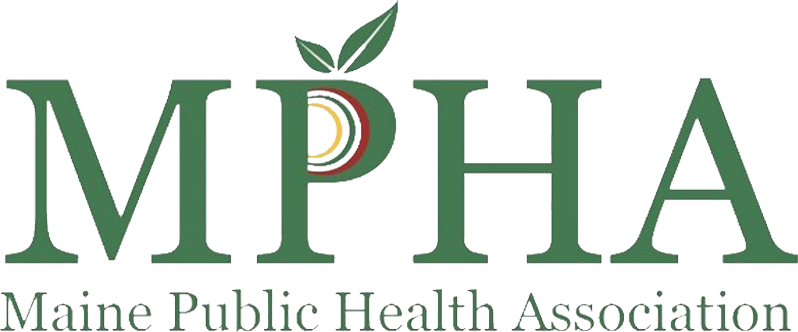
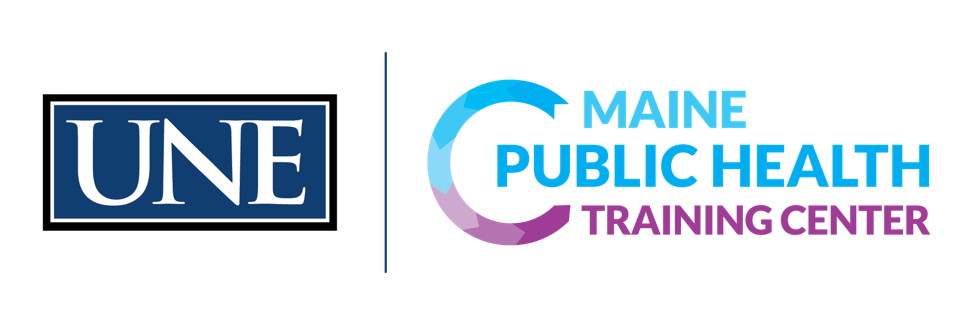
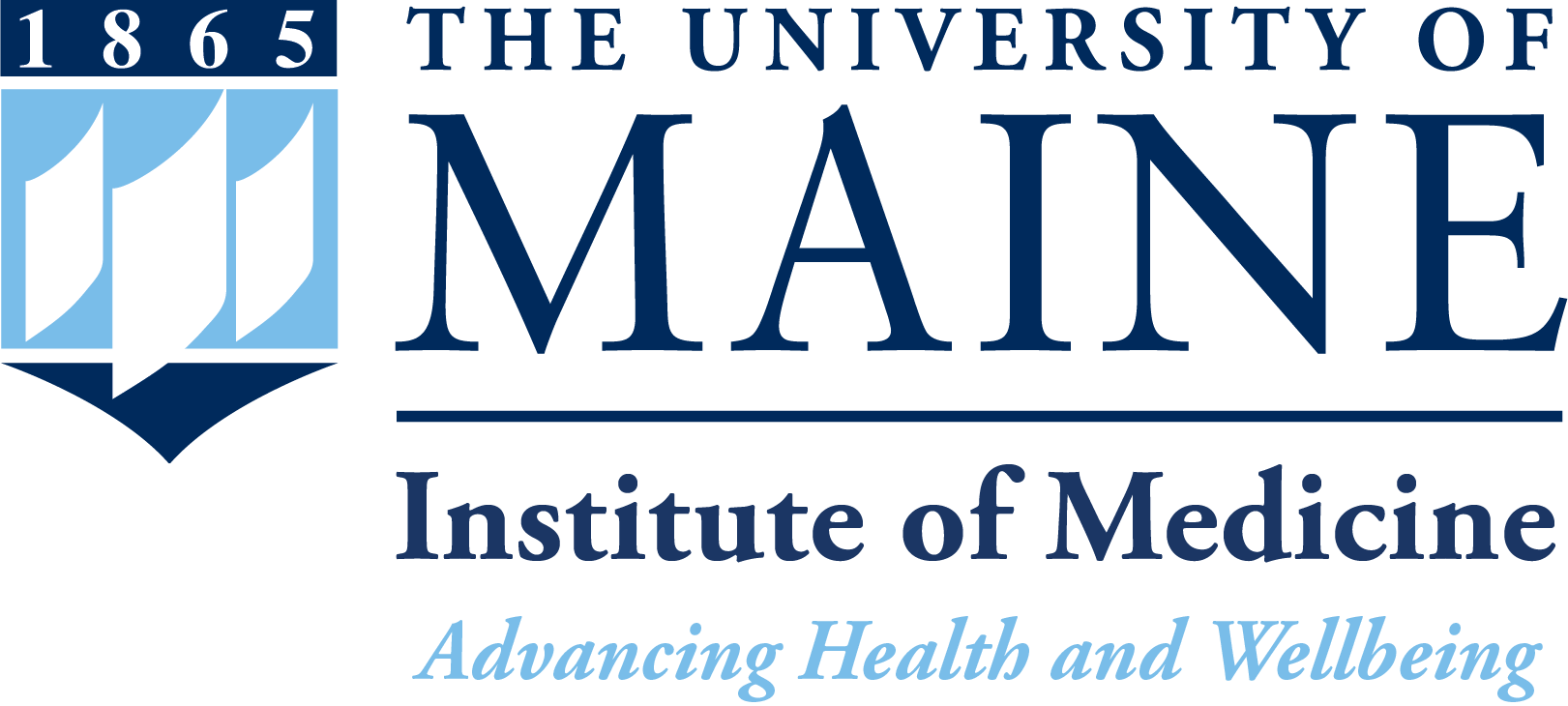
Register
Course Information
- Audience: Public health and health professionals
- Format: Online Webinar
- Date/Time: April 6th, 2023 8:30 AM- 4:30 ET
- Price: Free
- Length: 8 hours
- Credential(s) eligible for contact hours: N/A
- Competencies: Data Analytics and Assessment Skills
- Learning Level: Awareness
- Companion Trainings: None
- Supplemental materials:None
- Pre-requisites: None
About this Webinar
Join Maine Public Health Association and our partners in a day-long event to engage in dialogue and learning around equity and ethics in public health research and evaluation. Over the course of the day, we will follow the data lifecycle from design conceptualization to data collection, analysis, reporting, and ownership. We will discuss public health implications and strategies for overcoming challenges to improve the way we practice. We will use a mix of learning approaches, including didactic presentations, case studies, discussions, and opportunities for skill-building.
What you'll learn
At the end of the course, participants will be able to:
- Describe structural and systemic inequities, including implicit biases, which influence the data life cycle and have implications for public health practice.
- Consider practices that influence the equitable and ethical conduct of public health research and evaluation.
- Develop awareness of tools, skills and knowledge for responding to data equity challenges in public health research and evaluation.
- Describe approaches to community inclusion in study design, data collection, analysis, reporting, and data ownership.
Subject Matter Experts

Linda Silka
Anita Chandra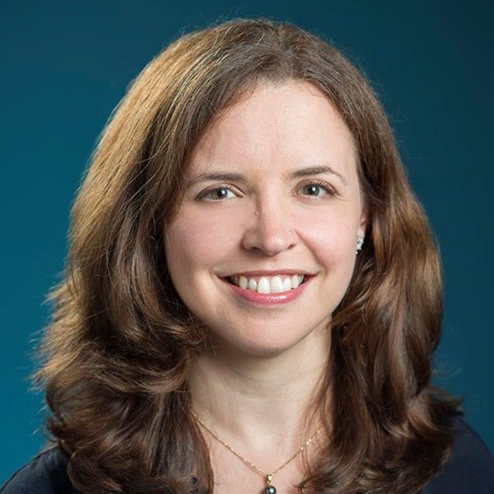
Laurie Martin
Lliam Harrison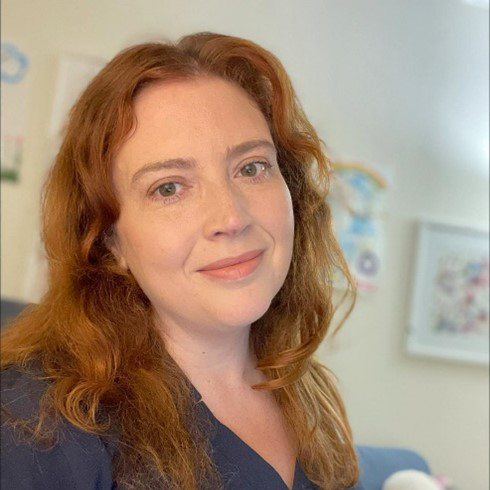
Karen Errichetti
Angela Okafor
Ralph Cammack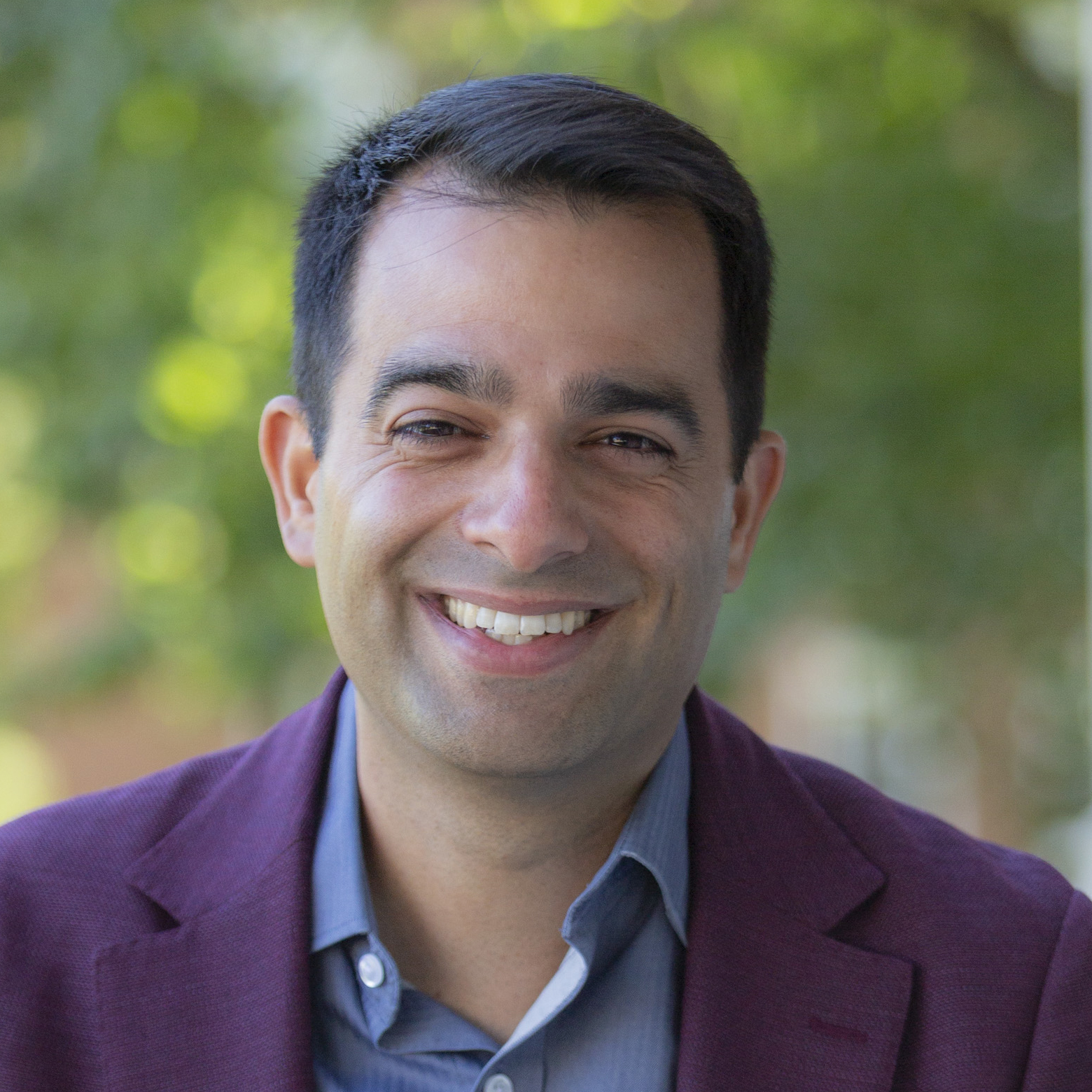
Ian Yaffe
Dr. Rebecca Petrie, PhD
Linda Silka's training is as a social and community psychologist and much of her work has focused on building community-university research partnerships. Prior to moving to the University of Maine, she was a faculty member for three decades at the University of Massachusetts Lowell where she directed the Center for Family, Work, Community, served as the Special Assistant to the Provost for Community Outreach and Partnerships, and was Professor in the Psychology Department and then University Professor in the interdisciplinary Department of Regional Economic and Social Development. Recent research partnerships she has led include the NIEHS-funded Southeast Asian Environmental Justice Partnership and the New Ventures Partnership, the HUD-funded Community Outreach Partnership Center and Diverse Healthy Homes Initiative, and the Center for Immigrant and Refugee Community Leadership and Empowerment. She has written extensively on the opportunities and challenges of building research partnerships with diverse groups and have consulted internationally on how to build community-university research partnerships.
Anita Chandra (she/her) is vice president and director of RAND Social and Economic Well-Being and a senior policy researcher at the RAND Corporation. She leads studies on civic well-being and community planning; disaster response and resilience; public health emergency preparedness; health and health equity; child health and development, and effects of military deployment on families. Throughout her career, Chandra has engaged government and nongovernmental partners to consider cross-sector solutions for improving community well-being and to build more robust systems, implementation, and evaluation capacity. This work has taken many forms, including engaging with federal and local government agencies on building systems for emergency preparedness and resilience both in the United States and globally; partnering with private sector organizations to develop the science base around child systems; and collaborating with city governments and foundations to modernize data systems and measure environmental sustainability, well-being, and civic transformation. Chandra has also partnered with community organizations to conduct broad-scale health and environmental needs assessments, to examine the integration of health and human service systems, and to determine how to integrate equity and address the needs of historically marginalized populations in human service systems. These projects have occurred in partnership with businesses, foundations, and other community organizations. Chandra earned a Dr.P.H. in population and family health sciences from the Johns Hopkins Bloomberg School of Public Health.
Laurie Martin is a social epidemiologist and senior policy researcher with over 20 years of experience in the fields of public health and health policy. Her primary research interests focus on improving health and well-being, and helping communities, stakeholders and policymakers collect and use data to make evidence-informed decisions. She is particularly interested in how health and financial literacy skills, language and culture influence the effectiveness of health and social services policy and programming. Throughout her career, Dr. Martin has worked with government and nongovernmental partners, including foundations and local communities, to consider cross-sector solutions for improving health and well-being at both the individual and community level. She has led numerous large-scale grants and contracts related to these issues and has extensive experience with both quantitative and qualitative methods. Martin received her master's degree from Boston University School of Public Health and her doctorate from the Harvard School of Public Health. She is based in Detroit, MI.
Lliam Harrison is a member of Huron’s IRB Service team. He has more than two decades experience in research integrity and research compliance in higher education and healthcare settings. He specializes research oversight services (IRB, IACUC and IBC) and Responsible Conduct of Research (RCR) and Research Integrity progam development and operations. Lliam has successfully negotiated no-action resolutions to allegations of non-compliance reported to the FDA and OLAW, and has conducted intenal investigations into allegations of research misconduct, human subject protections and animal welfare violations. He serves as a peer reviewer for the CITI Responsible Conduct of Research curriculum. Before joining Huron, Lliam was the inaugural IRB Manager at Dartmouth Hitchcock Medical Center, the only NCI Comprehensive Cancer Center in Northern New England. Prior to his role at Dartmouth Hitchcock, Lliam was the Director of Research Integrity and Deputy Research Integrity Officer at the University of New England, a health-sciences university in Maine, and was the Director of Research Integrity at the University of Southern Maine. In addition to these roles, Lliam has practiced trial and appellate law in state and federal courts, and has mediated over 1,500 cases in Arizona and Maine. In addition to legal and regulatory experience, Lliam has published research ranging from cross-cultural considerations in medicine, paleopathology, paleomycology, and biopolitical aspects of infectious disease.
Karen Errichetti, MPH, DrPH is an experienced program evaluator and strategic planner specializing in data visualization and supporting public health departments through accreditation and improvement planning. Dr. Errichetti has an academic appointment as an Assistant Professor at Tufts University School of Medicine and teaches masters level courses in program evaluation, public health assessment, and qualitative methods. Dr. Errichetti has extensive experience working with BIPOC and underserved populations, particularly Hispanic communities. For the Sí Texas Evaluation, a collective impact project funded by the Social Innovation Fund, she co-led a team that tested eight demonstrations of integrated behavioral health models in southern Texas US-Mexico border communities. In addition, she supervised three randomized control trials and four quasi-experimental studies for Si Texas. One of the trial sites that Dr. Errichetti supervised included patients who were largely undocumented and also under 200% of the federal poverty level. Dr. Errichetti also served as an advisor to a project with the U.S. Department of Health and Human Service’s Office on Women’s Health to assess the impact of energy development on the behavioral health of women in western North Dakota and Eastern Montana, providing expertise to the project on community-based data collection strategies designed to engage five different tribal communities. In 2022, she developed and conducted a health equity focused data visualization training for the Council of State and Territorial Epidemiologists as part of their national conference in 2021. Dr. Errichetti recently consulted with the Association of State and Territorial Health Officials in implementing the US Virgin Islands Department of Health’s first major health planning process after Hurricanes Irma and Maria. Dr. Errichetti assisted both the Connecticut Department of Public Health and the Massachusetts Department of Public Health in creating a set of health equity-based data visualization standards for their most recent state health assessments. Dr. Errichetti holds a Doctor of Public Health degree from Boston University, a master’s degree in public health from Yale University, and a bachelor’s degree from Wellesley College in Biological Sciences. in Massachusetts. She lives with her preschooler, husband, Westie terrier in central Massachusetts.
Angela Okafor is the Acting Director of Outreach and Community Engagement for the Permanent Commission on the Status of Racial, Indigenous, and Tribal Populations of Maine and the owner of Tropical Tastes & Styles International Market, in Bangor. She is a mother of three, an Immigration Attorney, an entrepreneur, a community leader and builder, and a Nigerian immigrant. Months after becoming an American Citizen, Angela’s first Vote was for herself in an election she won to become the first person of color and first immigrant to serve on the Bangor City Council. Angela served on the Presidents’ 2025 Commission on Excellence and Equity at the University of Maine, and the Advisory Committee of Maine Racial Justice Fund. She served on the Governor’s Maine Economic Recovery Commission. She was an AmeriCorps Vista Volunteer. She serves on the Board of the Maine Multicultural Center and Bangor Historical Society. Angela is a 2023 enlistee into the Marquis Who’s Who biographical directory, the First annual Community Solidarity award by Food and Medicine 2022, the Girls’ Scout Pearls of Wisdom Juliette Honoree for 2022, 2021 Trailblazer Award by the PCHC Dentistry Residency program, a Mainebiz Women to Watch 2020, Maine Women’s Fund Honoree 2020 and the Empower the Immigrant Woman Trailblazer Honoree 2018.
Ralph Cammack is a citizen of the Kingsclear First Nation and serves as the Research and Data Manager for Wabanaki Public Health and Wellness in the Center for Wabanaki Research, Knowledge and Innovation. Ralph’s professional experience includes public health, research, evaluation, and laboratory medicine. He served as the Infectious Disease Division Manager for Wabanaki Public Health during the COVID19 pandemic and oversaw the implementation of support programs and vaccine efforts in Wabanaki Territory. He also led the evaluation for the Maine Wabanaki-State Truth and Reconciliation Commission looking at events related to the Indian Child Welfare Act of 1978. He has a background in cancer laboratory medicine and supervised one of the largest cancer laboratories in Maine. He has a passion for bringing Indigenous values to research and data structures as well as continuing the efforts to decolonize these systems. He holds a Masters Degree in Public Health from the University of Southern Maine and is certified through the American Society for Clinical Pathology as a Hematology Technologist. When not doing his great work for WHPW, Ralph enjoys spending time with his family and creating music.
Ian Yaffe is Director of Diversity, Equity, and Inclusion for the Maine Department of Health and Services where he works to refine, implement, and make into a living document the Department’s Strategic Plan to Advance DEI. He previously served as Director of the Office of Population Health Equity (OPHE) at Maine Center for Disease Control and Prevention (CDC). Prior to joining the DHHS team, Ian served as Executive Director of Mano en Mano, a non-profit organization that works with immigrant and farmworker communities in rural Maine to advocate for change and ensure access to essential services, education, and housing. Ian holds a Bachelor's Degree in Latin American Studies and Education from Bowdoin College, and a Master of Public Administration Degree from the University of Washington. He is also a Senior Chief Boatswain's Mate in the U.S. Coast Guard Reserve and serves on the boards of Coastal Enterprises, Inc. (CEI), Maine Health Access Foundation (MeHAF), and Maine Philanthropy Center (MPC).
Co-CEO, Wabanaki Public Health and Wellness Dr. Rebecca Petrie has extensive experience working in Tribal Health, Health Equity, Public Health Nutrition, Program Evaluation, and Systems Development. As Co-CEO of Wabanaki Public Health and Wellness, Rebecca oversees the organization’s Operations and Research efforts. Her experience and leadership have been focused on project management and development, performance monitoring, research and data analysis, as well as grants and finance. This valuable work ensures the alignment of resources with a variety of programs, serving the needs of the communities. Prior to joining Wabanaki Public Health and Wellness, Rebecca worked in State government for ten years, serving the Office of Health Equity, the WIC Program, Public Health Informatics, and Infectious Disease Epidemiology. During this time, Rebecca reviewed and evaluated statewide health equity efforts. She developed and implemented a variety of tools to improve data collection, analysis, and reporting. Prior to State government, Rebecca worked at the Jackson Laboratory, studying genome informatics and conducting genomic analysis. Rebecca received her B.S. in Biochemistry from the University of Maine. She holds an MPH in Epidemiology from Emory University, as well as a PhD in Public Health-Community Health focus from Walden University. She currently serves as the Treasurer of the Board for Maine Women’s Lobby and Maine Women’s Lobby Education Fund.
Registration
Select the Enroll Me button below to register for this webinar. If you have any trouble accessing the webinar, contact support@nephtc.org.
Acknowledgement: This project is supported by the Health Resources and Services Administration (HRSA) of the U.S. Department of Health and Human Services (HHS) as part of award 2 UB6HP31685‐05‐00 “Public Health Training Centers.” The contents are those of the author(s) and do not necessarily represent the official views of, nor an endorsement, by HRSA, HHS or the U.S. Government.

Course Information
- Audience: All public health professionals working in nonprofits, healthcare, educational institutions, government and private sector
- Format: Webinar
- Date/Time: Thursday, January 9th, 2025 12:00 PM – 1:00 PM ET
- Price: Free
- Length: 1 hour
- Credential(s) eligible for contact hours: Sponsored by New England Public Health Training Center (NEPHTC), a designated provider of continuing education contact hours (CECH) in health education by the National Commission for Health Education Credentialing, Inc. This program is designated for Certified Health Education Specialists (CHES) and/or Master Certified Health Education Specialists (MCHES) to receive up to 1 total Category I continuing education contact hours. Maximum advanced-level continuing education contact hours are 1. Provider ID: 1131137 Event ID:PM1131137_CIMPART1.
If you are not seeking a CHES/MCHES contact hours, if you complete the evaluations, you will receive a Certificate of Completion. The Certificate will include the length of the course. - Competencies: Public Health Science Skills,
Leadership and Systems Thinking Skills - Learning Level: Awareness
- Companion Trainings: None
- Supplemental materials:PowerPoint and follow-up email with any links mentioned during presentation.
- Pre-requisites: None
- Technical Requirements: This webinar is hosted on the Zoom platform. Please refer to the Zoom System Specifications to ensure your system meets the minimum requirements for connecting.
About this Webinar
What you'll learn
At the end of the recording, participants will be able to:
- Explain why chronic pain is a public health problem in Maine.
- Describe the co-morbidities associated with chronic pain.
- Identify factors within social determinants of health (SDOH) that may affect the pain experience.
- Discuss major challenges for people in Maine to receive adequate pain care and potential interventions.
Subject Matter Experts
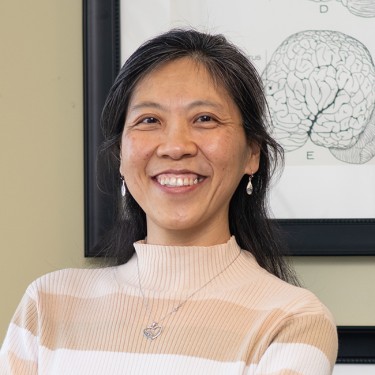
Dr. Ling Cao
Dr. Ling Cao is a professor of biomedical science at the University of New England College of Osteopathic Medicine. She is a biomedical researcher and educator, and an advocate and practitioner in interprofessional education. As an independent researcher, she continues to advance biomedical/translational research to delineate the neuroimmune mechanisms in neuropathic pain. As a medical educator, she promotes learning in interprofessional/interdisciplinary teams. Her recent research interest in population health and health informatics led her to create the first pain registry in Maine. Dr. Cao earned her M.D. from Beijing Medical University (Currently Peking University Health Science Center), her Ph.D. in Toxicology from SUNY Albany, and her Master of Public Health from the Johns Hopkins Bloomberg School of Public Health.
Registration
Select the Enroll Me button below to register for this recording. If you have any trouble accessing the recording, contact support@nephtc.org.
Acknowledgement: This project is supported by the Health Resources and Services Administration (HRSA) of the U.S. Deparment of Health and Human Services (HHS) as part of award 2 UB6HP31685‐05‐00 “Public Health Training Centers.” The contents are those of the author(s) and do not necessarily represent the official views of, nor an endorsement, by HRSA, HHS or the U.S. Government.

Gun Violence is a Public Health Issue: Policy Solutions Can Save Lives
What policy actions can we take to reduce gun violence, promote gun safety, and protect public health?

Register
Course Information
- Audience: All public health professionals working in nonprofits, healthcare, educational institutions, government and private sector
- Format: Webinar
- Date/Time: Thursday, November 9th, 6:30 PM – 7:30 PM ET
- Price: Free
- Length: 1 hour
- Credential(s) eligible for contact hours: Sponsored by New England Public Health Training Center (NEPHTC), a designated provider of continuing education contact hours (CECH) in health education by the National Commission for Health Education Credentialing, Inc. This program is designated for Certified Health Education Specialists (CHES) and/or Master Certified Health Education Specialists (MCHES) to receive up to 1 total Category I continuing education contact hours. Maximum advanced-level continuing education contact hours are 1. Provider ID: 1131137 Event ID:PM1131137_11092023
If you are not seeking a CHES/MCHES contact hours, if you complete the evaluations, you will receive a Certificate of Completion. The Certificate will include the length of the course. - Competencies: Policy Development and Program Planning Skills
- Learning Level: Awareness
- Companion Trainings: None
- Supplemental materials:PowerPoint and follow-up email with any links mentioned during presentation.
- Pre-requisites: None
- Technical Requirements: This webinar is hosted on the Zoom platform. Please refer to the Zoom System Specifications to ensure your system meets the minimum requirements for connecting.
About this Webinar
Gun violence is a threat to public health. As of November 1, 2023, according to the Gun Violence Archive, there have been 586 mass shootings in the United States just this year. Join us to hear from national and state experts, advocates, and policymakers about evidence-based strategies to reduce gun violence and promote gun safety, and what actions you can take to help make our communities safer.
What you'll learn
At the end of the recording, participants will be able to:
- Describe gun-related data and research.
- Identify evidence-based policy proposals to reduce gun violence, promote gun safety, and protect public health.
- Identify actions that can be taken to support gun safety.
Subject Matter Experts
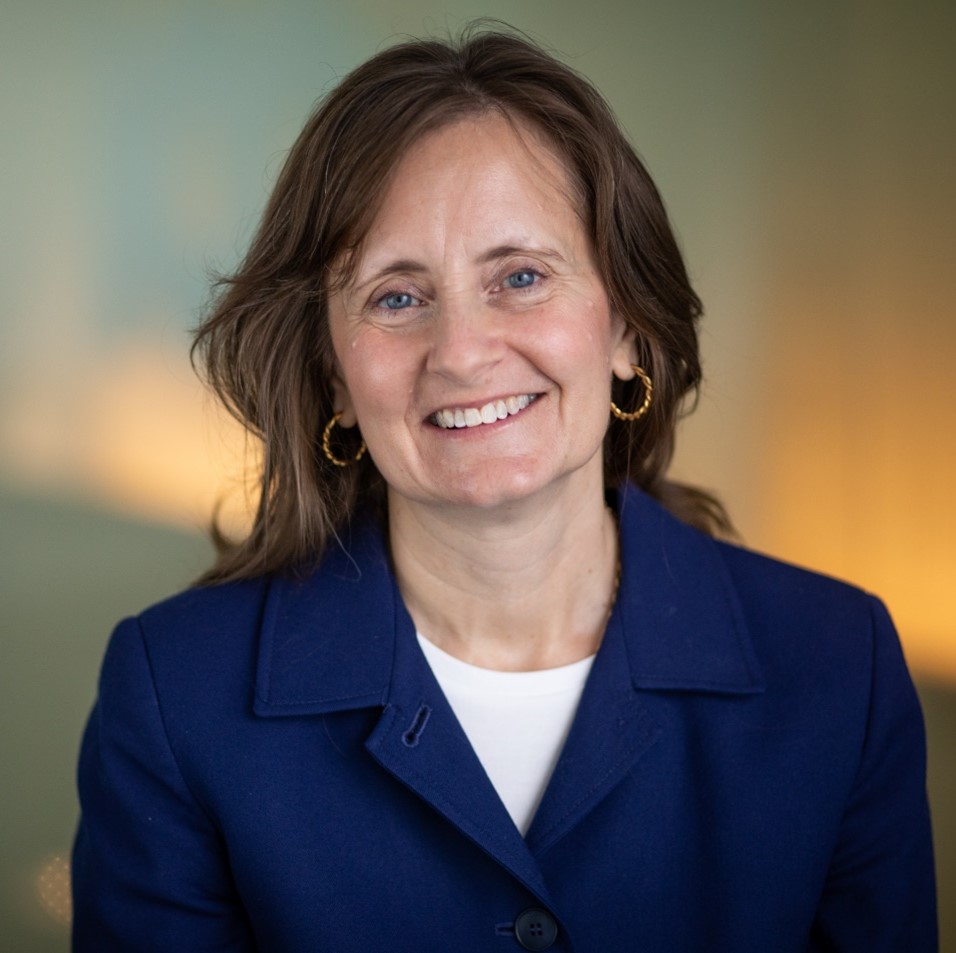
Shannon Frattaroli
PhD, MPH, Professor and Core Faculty with the Johns Hopkins Center for Gun Violence Solutions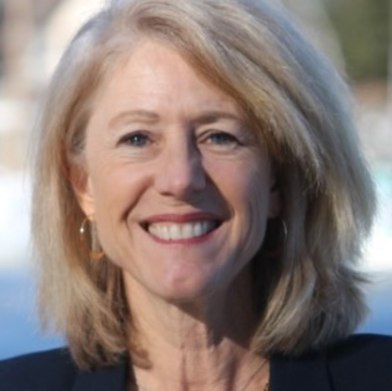
State of Maine
Representative Vicki Doudera
Co-Chair of Maine Legislature's Gun Safety Caucus
Margaret Groban
Board Member, Maine Gun Safety Coalition, former federal prosecutor, and adjunct faculty at University of Maine School of Law
Registration
Select the Enroll Me button below to register for this recording. If you have any trouble accessing the recording, contact support@nephtc.org.
Acknowledgement: This project is supported by the Health Resources and Services Administration (HRSA) of the U.S. Deparment of Health and Human Services (HHS) as part of award 2 UB6HP31685‐05‐00 “Public Health Training Centers.” The contents are those of the author(s) and do not necessarily represent the official views of, nor an endorsement, by HRSA, HHS or the U.S. Government.

Health Equity Dialogue: Maine Oral Health Equity
How can we continue to improve oral health equity and access to dental care in Maine?
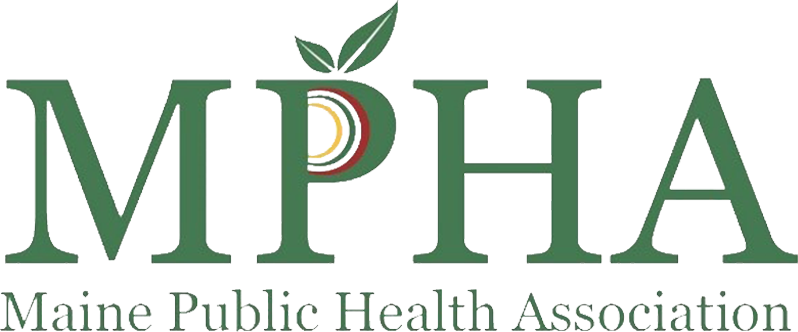



Register
Course Information
- Audience: Dental Health Professionals, Dental Health students, Dental Health Policy Makers
- Format: Webinar
- Date/Time: Friday 2nd April 2021, 12 PM – 1PM ET
- Price: Free
- Length: 1 hour
- Credential(s) eligible for contact hours: Sponsored by New England Public Health Training Center (NEPHTC), a designated provider of continuing education contact hours (CECH) in health education by the National Commission for Health Education Credentialing, Inc. This program is designated for Certified Health Education Specialists (CHES) and/or Master Certified Health Education Specialists (MCHES) to receive up to 1 total Category I continuing education contact hours. Maximum advanced-level continuing education contact hours are 1. Provider ID: 1131137 Event ID: SS1131137_HEDMOHEIf you are not seeking a CHES/MCHES contact hours, if you complete the post-test and evaluation, you will receive a Certificate of Completion. The Certificate will include the length of the course.
- Competencies: Leadership and Systems Thinking Skills
- Learning Level: Awareness
- Companion Trainings: None
- Supplemental materials:Power point
- Pre-requisites: None
About this Webinar
In this webinar, we will host a panel of experts on oral health. We will be discussing access to care, barriers and inequalities prevalent in Maine in relation to dental care. Speakers from UMA’s Dental Health Programs, From the First Tooth, and Partnership for Children’s Oral Health, will share their expertise on the topic.
What you'll learn
At the end of the webinar, participants will be able to:
- Describe oral health inequity in Maine
- List 2 ways to increase access to dental care in Maine
- Describe 3 resources for professionals who are improving Maine’s Dental Health
Subject Matter Experts

Jennifer Crittenden, PhD, MSW
Assistant Professor in the UMaine School of Social Work
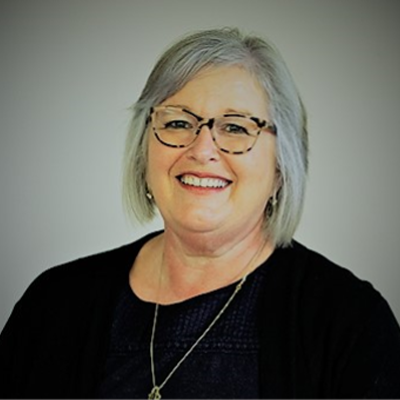
Kellie A Stanhope RDH, BSDH, EFDA
Program Coordinator at Northern Light
Health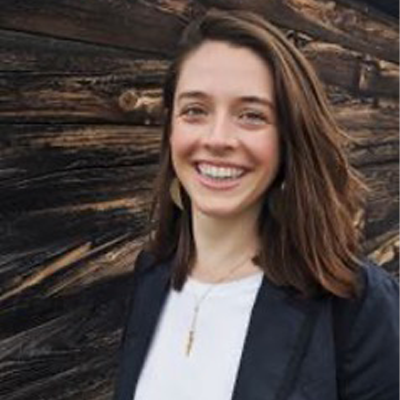
Kalie Hess
Associate Director for Partnership for Children’s Oral Health
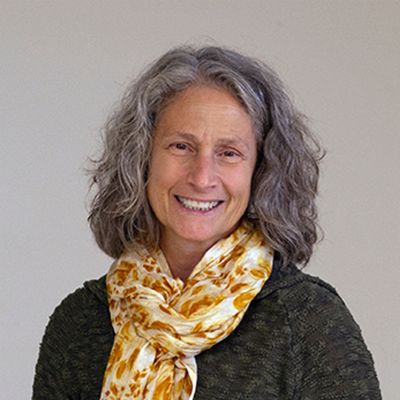
Kathryn Walker, RDH, EFDA, MSEd
Assistant Professor of Dental Health at UMA
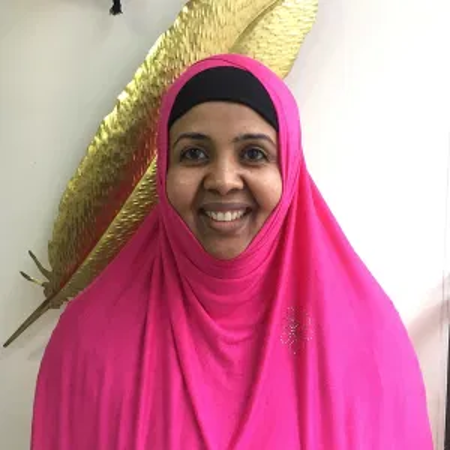
Hibo Omer, MPH
Consultant for Public Health
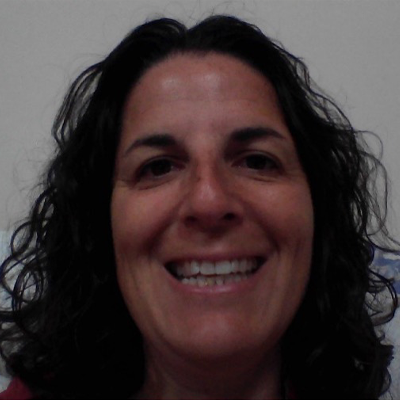
Carrie Woodcock
Executive Director for Maine Parent Federation
Jennifer Crittenden, PhD, MSW is an assistant professor in the UMaine School of Social Work as well as the Associate Director of the University of Maine Center on Aging. Dr. Crittenden has over fifteen years of experience in professional and community education, program evaluation and program planning. Nearly all research projects and grant-funded programs under her management entail the translation of academic research into professional and public education programs, events, and dissemination activities. Her experience in healthcare research and evaluation includes a variety of initiatives aimed at prevention and quality improvement across the care spectrum. Dr. Crittenden is currently the evaluation co-lead for the statewide AgingME Geriatrics Workforce Enhancement Program. She is also co-PI for The Mayer-Rothschild Foundation Designation of Excellence in Person-Centered Long-Term Care Project, a project that is developing a national framework from which person-centered care can be defined and implemented in long-term care settings. Dr. Crittenden has also spearheaded a primary care elder abuse screening project, served as a consultant for an educational initiative focused on care transitions, and has served as a lead evaluator for two oral health initiatives implemented within primary care and long-term care settings.
Kellie Stanhope has worked for 36 years as a clinical dental hygienist, practicing in many settings, including private practice, Indian Health Services public health, and as a clinical instructor. She is a graduate of University of Maine, Orono and University of Maine Augusta-Bangor, and is currently employed at Northern Light Health as Program Coordinator, Child Health within the Community Health and Grants Department. She works directly with the Raising Readers and From the First Tooth Programs and is a Professional Clinical Teacher II in the Dental Health Programs at the University of Maine at Augusta-Bangor campus. She provides clinical instruction in the senior Dental Hygiene Clinic and is clinical lead for the Local Anesthesia and Expanded Function Dental Auxiliary labs.
Kalie Hess works at the Partnership for Children’s Oral Health, working to build a network of partners in Maine who are dedicated to eradicating dental disease in children. Dental disease is an equity issue, and she approaches this work through that perspective. Prior to working at PCOH, Kalie worked with Maine’s Federally Qualified Health Centers to implement quality improvement, policy, and systems solutions to increase access to health care for underserved people. Kalie has a background of working locally and at the state level to promote community health and wellbeing through community coalition efforts. Kalie brings to her work a commitment to addressing health equity and the underlying causes that prevent people from thriving – whether that is addressing barriers in transportation systems, improving confidence in public health efforts, or working to build new systems that better serve the people they are intended to help. Kalie received her Bachelor’s in Anthropology from the University of Maine and her Master of Public Health from the University at Albany.
Kathryn Walker is Assistant Professor of Dental Health at the University of Maine, Augusta. In April 2020, she was appointed by Governor Janet Mills to serve a five-year term as a member of the Maine Board of Dental Practice (MBDP). The MBDP is a state regulatory agency that meets monthly with a primary focus in the protection of the public through individual dental professional regulation.
Hibo Omer is a consultant for public health and diversity who educates and advocates in Maine. Hibo earned her Bachelors of Science from the University of Southern Maine, and her Master’s in Public Health from University of New England. Hibo, who was born in Ethiopia and acculturated in Somali, identifies herself as Ethio-SoMainer because she has lived most of her life in Maine. Hibo’s history has included working in Social Service with the New Mainers’ community from resettlement to connecting New Mainers to service. Additionally, she worked with the NH-ME Leadership Education in Neurodevelopmental and Related Disabilities (LEND) Program as Public Health and Diversity Consultant. She is a co-founder of an international NGO called New Mainers Public Health–Horn of Africa, which provides public health consultation in public health disability and the program of Behavioral Health Professional (BHP) services. Hibo is a co-founder of Smart Health Consultant, a consulting firm that focuses on public health projects, diversity training, and strategic planning.
Carrie Woodcock is a graduate from Saint Joseph's College in Maine with a BA in liberal arts. She spent 15 years after graduation in the filed of sales and marketing. Six years after the birth of her daughter she joined Maine Parent Federation as the Regional Family Support Coordinator for Southern Maine. Five years ago she became the Executive Director for Maine Parent Federation. She has a son who is 16 years old who is diagnosed with Dyslexia and ADHD a 14 year old daughter with Down Syndrome. She has been advocating for the needs of her children across all systems of care since 2007. Her work with Maine Parent Federation has allowed her to share my knowledge and experience with parents and professionals alike since 2013.
Registration
Select the Enroll Me button below to register for this webinar. If you have any trouble accessing the recording, contact support@nephtc.org.
Acknowledgement: This project is/was supported by the Health Resources and Services Administration (HRSA) of the U.S. Department of Health and Human Services (HHS) under grant number UB6HP31685 “Regional Public Health Training Center Program.” This information or content and conclusions are those of the author and should not be construed as the official position or policy of, nor should any endorsements be inferred by HRSA, HHS or the U.S. Government.

Course Information
- Audience: Community health workers, public health professionals, social service providers, policymakers
- Format: Webinar
- Date/Time: Tuesday, May 24th 2022
11:00 AM – 12:00 PM EST - Price: Free
- Length: 1 hour
- Credential(s) eligible for contact hours: Sponsored by New England Public Health Training Center (NEPHTC), a designated provider of continuing education contact hours (CECH) in health education by the National Commission for Health Education Credentialing, Inc. This program is designated for Certified Health Education Specialists (CHES) and/or Master Certified Health Education Specialists (MCHES) to receive up to 1 total Category I continuing education contact hours. Maximum advanced-level continuing education contact hours are 1. Provider ID: 1131137 Event ID: PM1131137_05242022.
If you are not seeking a CHES/MCHES contact hours, if you complete the post-test and evaluation, you will receive a Certificate of Completion. The Certificate will include the length of the course.
- Competencies: Policy Development and Program Planning Skills
- Learning Level: Awareness
- Companion Trainings: None
- Supplemental materials:None
- Pre-requisites: None
About this Webinar
This webinar will describe the intersection between homelessness and housing and public health and health outcomes. It will discuss how housing is a social determinant of health and identify local solutions to ending homelessness.
What you'll learn
At the end of the course, participants will be able to:
- Describe what homelessness looks like in Maine
- Describe how homelessness intersects with health promotion and disease prevention
- Identify 1-2 services and solutions to homelessness
- Identify 1-2 ways Maine is approaching the design and delivery of homelessness services
Subject Matter Experts
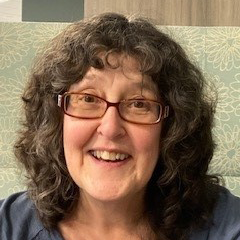
Lauren Bustard
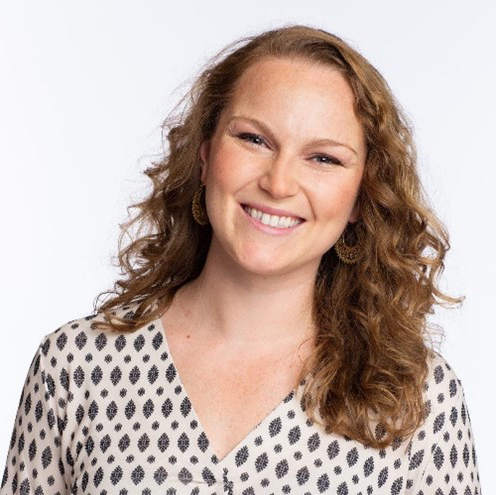
Courtney Pladsen
DNP, FNP-BC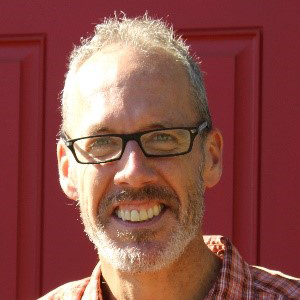
Cullen Ryan
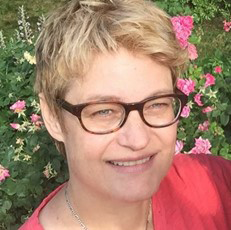
Erin Healy
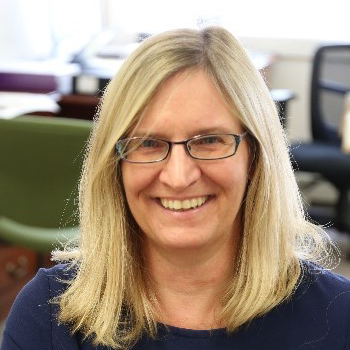
Donna Kelley
MSW, LCSW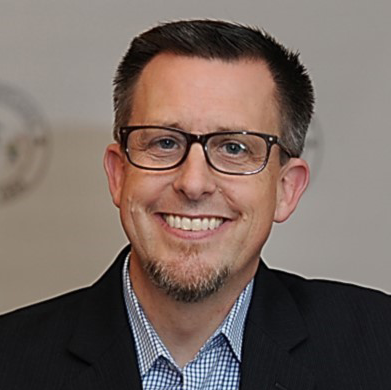
Rich Hooks Wayman
Lauren Bustard is the Senior Director of Homeless Initiatives at MaineHousing. Prior to joining MaineHousing in 2012, she worked for many years in social service and education programs in Maine, and in refugee and international development programs in Latin America and Southeast Asia.
Courtney Pladsen is the Clinical Director at the National Health Care for the Homeless Council where she leads national efforts to improve health care quality and access for people experiencing homelessness through quality improvement initiatives, technical assistance, research, policy/advocacy, and training. She is a current fellow in the Robert Wood Johnson Foundation Culture of Health Leader program for her work at the intersection of health and housing. She works clinically providing medical, mental health, and substance use treatment to people who are experiencing homelessness at the FQHC Greater Portland Health in Portland, Maine.
Cullen Ryan has a 35-year career serving homeless and special needs populations. A formerly licensed clinician (LICSW) with a BA from the University of Vermont and a MA in Counseling and Psychological Services from St. Mary’s University (Minnesota), Cullen has provided street outreach, case management, family therapy, and individual/group psychotherapy to homeless adults, families, and adolescents in a variety of clinical and non-clinical settings in three states. Since 2004, Cullen Ryan has served as Executive Director of Community Housing of Maine, the largest housing provider for homeless populations in the state. Cullen currently co-chairs or chairs several Boards and Coalitions, and he serves as President of the Board of Directors for the Maine CoC. Cullen was a past Chair of the Maine Affordable Housing Coalition, and recent Acting Chair of Maine’s Statewide Homeless Council, and actively serves on both. For more on Community Housing of Maine, go to www.chomhousing.org
Erin Healy is a Strategy Lead for Large Scale Change at Built for Zero. Her work focuses on implementing the Built for Zero model on a statewide level. She has worked on issues related to the homeless sector for over fifteen years. Erin specializes in systems improvement, movement building, and helping collaborative teams set and achieve clear, measurable goals. After several years as an independent consultant, Erin re-joined the Community Solutions team in 2021. She was a member of CS’s 100,000 Home Campaign team (2012 – 2014) and helped launch Built for Zero in 2016. Erin holds a JD from the University of Washington School of Law and an MFA in Writing from Sarah Lawrence College.
Donna Kelley is the President and CEO of Waldo Community Action Partners. She is Licensed Clinical Social Worker in the state of Maine and joined WCAP in 2018. Prior to that she worked for Kennebec Behavioral Health for 19 years. Donna has been immersed in the community mental health and social services field for 32 years. She has worked to plan, develop, implement, and restructure mental health and community service programs and systems by working with local, regional, and statewide community-based organizations, groups, and governmental agencies to improved access and quality of services for consumers allowing for improved quality of life and greater self-sufficiency. Donna earned her undergraduate degree in Biology from the University of Maine, and her Master’s in Social Work from the University of New England in Biddeford.
Rich Hooks Wayman serves as the President and CEO for Volunteers of America Northern New England (www.voanne.org), a nonprofit organization offering affordable housing, residential care and community based social services to communities in Maine and New Hampshire. Prior to his tenure at Volunteers of America, Richard served as the National Executive Director for the Children’s Defense Fund. Additionally, Richard was the CEO of a regional child welfare agency in Massachusetts, was the Executive Director of a statewide supportive housing program serving long term homeless persons in Minnesota, and conducted federal legislative advocacy and policy analysis for the National Alliance to End Homelessness. Richard attended the University of Iowa College of Law, graduating with a Juris Doctor in 1992, and the University of Iowa College of Law, graduating with a Juris Doctor in 1992. He is a member of the American Bar Association to has been appointed to the Commission on Homelessness and Poverty. Richard and his husband (Aaron) have six adoptive children.
Registration
Select the Enroll Me button below to register for this recording. If you have any trouble accessing the recording, contact support@nephtc.org.
Acknowledgement: This project is/was supported by the Health Resources and Services Administration (HRSA) of the U.S. Department of Health and Human Services (HHS) under grant number UB6HP31685 “Regional Public Health Training Center Program.” This information or content and conclusions are those of the author and should not be construed as the official position or policy of, nor should any endorsements be inferred by HRSA, HHS or the U.S. Government.


Incarceration: A Public Health Crisis
Why are people who are without health insurance seven times more likely to become incarcerated?

Course Information
- Audience: All public health professionals working in nonprofits, healthcare, educational institutions, government and private sector
- Format: Webinar
- Date/Time: Thursday, September 5th, 2024 12:00 PM – 1:00 PM ET.
- Price: Free
- Length: 1 hour
- Credential(s) eligible for contact hours: Sponsored by New England Public Health Training Center (NEPHTC), a designated provider of continuing education contact hours (CECH) in health education by the National Commission for Health Education Credentialing, Inc. This program is designated for Certified Health Education Specialists (CHES) and/or Master Certified Health Education Specialists (MCHES) to receive up to 1 total Category I continuing education contact hours. Maximum advanced-level continuing education contact hours are 1. Provider ID: Event ID: .If you are not seeking a CHES/MCHES contact hours, if you complete the post-test and evaluation, you will receive a Certificate of Completion. The Certificate will include the length of the course.
- Competencies: Health Equity Skills
- Learning Level: Awareness
- Companion Trainings: None
- Supplemental materials:None
- Pre-requisites: None
About this Webinar
This presentation will provide an overview of how Maine’s current incarceration system reflects critical economic determinants of health and how incarceration affects Maine’s economy, community health and safety. It will also outline the steps necessary to prevent or mitigate the harm done to individuals, families and communities from our over reliance on incarceration.
What you'll learn
After attending this webinar, participants will be able to:
- Identify the economic determinants of health at the center of the current failures of the carceral system.
- Describe four specific health related problems associated with the carceral system and how they affect public health in Maine.
-
Identify three solutions that could improve health outcomes for incarcerated people and for the communities receiving these people on release.
Subject Matter Experts

Jan Collins
Retired high school science teacher and blueberry farmer, Jan became involved with criminal justice reform when her son was incarcerated in 2012. Since then, she has served on the Board of Visitors for Franklin County Jail, acts as Maine Prisoner Advocacy Coalition’s liaison with the prison branch of the NAACP, and regularly testifies before the legislature on issues related to criminal justice reform. She is assistant director of Maine Prisoner Advocacy Coalition.
Registration
Select the Enroll Me button below to register for this recording. If you have any trouble accessing the recording, contact support@nephtc.org.
Enroll Me
Acknowledgement: This project is supported by the Health Resources and Services Administration (HRSA) of the U.S. Department of Health and Human Services (HHS) as part of award 2 UB6HP31685‐05‐00 “Public Health Training Centers.” The contents are those of the author(s) and do not necessarily represent the official views of, nor an endorsement, by HRSA, HHS or the U.S. Government.

Is it time to consider using Human Rights standards to look at Health?
What do you know about human rights and how can a public health practitioner support human rights?




Register
Course Information
- Audience: Public Health Practitioners/ Professionals including Community Health Workers
- Format: Webinar
- Date/Time: October 28, 2020
12:00 - 1:00 PM EST - Price: Free
- Length: 1 hour
- Credential(s) eligible for contact hours: Sponsored by New England Public Health Training Center (NEPHTC), a designated provider of continuing education contact hours (CECH) in health education by the National Commission for Health Education Credentialing, Inc. This program is designated for Certified Health Education Specialists (CHES) and/or Master Certified Health Education Specialists (MCHES) to receive up to 1 total Category I continuing education contact hours. Maximum advanced-level continuing education contact hours are 1. Provider ID: 1131137 Event ID: PM1131137_10282020.
If you are not seeking CHES/MCHES contact hours, if you complete the evaluation, you will receive a Certificate of Completion. The Certificate will include the length of the course. - Competencies: Leadership and Systems Thinking Skills
- Learning Level: Awareness
- Companion Trainings: None
- Supplemental materials:Session PowerPoint
- Pre-requisites None
About this Webinar
What is the potential paradigm shift of applying human rights standards to your public health practice?
What you'll learn
At the end of the webinar, participants will be able to:
- Define human rights
- Apply questions to identify changes necessary for using human rights standards in your public health practice
- Describe 2 websites for definitive resources for human rights standards
Subject Matter Expert

Loretta RossAssociate Professor at Smith College
Loretta Ross is a Visiting Associate Professor at Smith College in the Program for the Study of Women and Gender for the 2019-2021 academic years.
She started her career in activism and social change in the 1970s, working at the National Football League Players’ Association, the D.C. Rape Crisis Center, the National Organization for Women (NOW), the National Black Women’s Health Project, the Center for Democratic Renewal (National Anti-Klan Network), the National Center for Human Rights Education, and SisterSong Women of Color Reproductive Justice Collective, until retiring as an organizer in 2012 to teach about activism. Her passion transforms anger into social justice to change the world.
Her most recent books are Reproductive Justice: An Introduction co-written with Rickie Solinger, and Radical Reproductive Justice: Foundations, Theory, Practice, Critique, both published in 2017. Her forthcoming book is Calling In the Calling Out Culture: Detoxing Our Movement due out in 2020.
She has appeared on CNN, BET, "Lead Story," "Good Morning America," "The Donahue Show," the National Geographic Channel, and "The Charlie Rose Show.” She has been quoted in the New York Times, Time Magazine, The Los Angeles Times, and the Washington Post, among others.
Her activism began as a rape and incest survivor as a teen mother. She graduated college at age 55. She is from San Antonio, TX and lives in Atlanta, GA. She is a mother and grandmother, and an avid pinochle player. Her dream is to see Venus and Serena Williams play tennis in person.
Registration
Select the Enroll Me button below to register for this webinar. If you have any trouble accessing the webinar, contact support@nephtc.org.
Acknowledgement: This project is/was supported by the Health Resources and Services Administration (HRSA) of the U.S. Department of Health and Human Services (HHS) under grant number UB6HP31685 “Regional Public Health Training Center Program.” This information or content and conclusions are those of the author and should not be construed as the official position or policy of, nor should any endorsements be inferred by HRSA, HHS or the U.S. Government.
* Yale School of Public Health,
Office of Public Health Practice, a New England Public Health Training Center
partner, is a designated provider of continuing education contact hours (CECH)
in health education by the National Commission for Health Education
Credentialing, Inc. All CHES credit inquiries are managed by YSPH

Leading a Community Driven Public Health Policy Campaign
What does it take to
transition public health research to public health policy change?


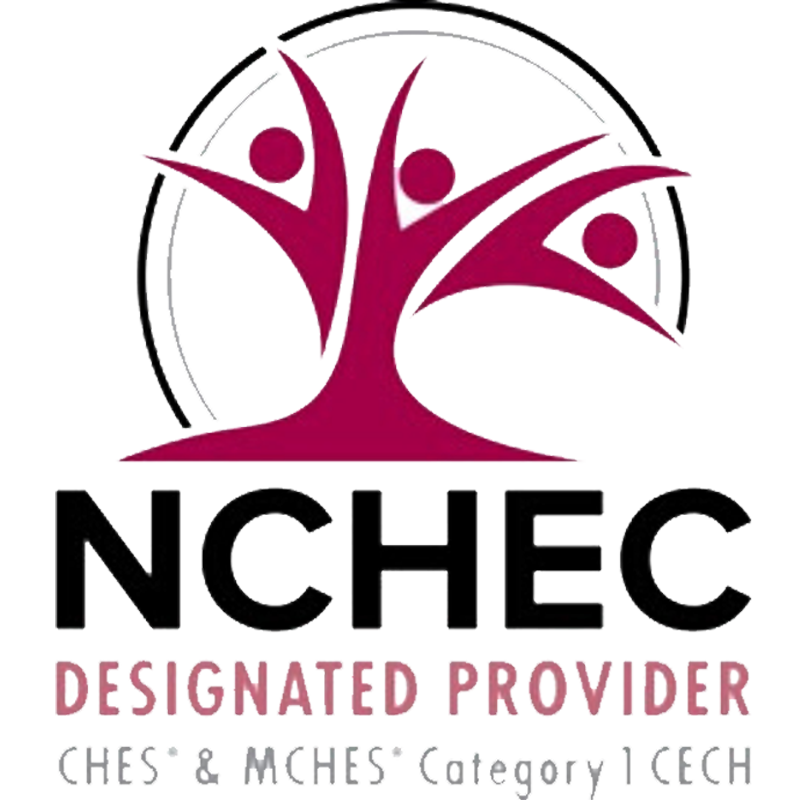
Course Information
- Audience: Nurses, Community health workers, Public health professionals, Health services managers
- Format: Webinar
- Date/Time: November 10, 2021
12:00 - 1:00 PM EST - Price: Free
- Length: 1 hour
- Credential(s) eligible for contact hours: Sponsored by New England Public Health Training Center (NEPHTC), a designated provider of continuing education contact hours (CECH) in health education by the National Commission for Health Education Credentialing, Inc. This program is designated for Certified Health Education Specialists (CHES) and/or Master Certified Health Education Specialists (MCHES) to receive up to 1 total Category I continuing education contact hour. Maximum advanced-level continuing education contact hour is 1. Provider ID: 1131137 Event ID: PM1131137_11102021.
If you are not seeking CHES/MCHES contact hours, if you complete the evaluation, you will receive a Certificate of Completion. The Certificate will include the length of the course.
- Competencies: Policy Development and Program Planning Skills
- Learning Level: Performance
- Companion Trainings: None
- Supplemental materials:None
- Pre-requisites None
About this Webinar
Participants will learn how to work within communities to identify public health needs and design a community focused advocacy campaign. The case study used to convey this objective is the Rhode Island statewide Sugary Drinks Tax advocacy campaign to fund the Retail SNAP Incentive Program.
What you'll learn
At the end of the course, participants will be able to:
- Identify a community need through coalition building and direct service avenues
- Define the goals of the campaign and communication strategy
- Develop the timeline, activities and deliverables schedule for the campaign
- Evaluate the campaign and disseminate findings across community and political groups
Subject Matter Expert

Kerri Connolly,
Food Access Program Manager
Kerri Connolly is the Program Manager of the Food Access Division of the Rhode Island Public Health Institute and holds a secondary appointment as Project Director at the Center for Health Equity at Brown University School of Public Health. Kerri is responsible for both the big-‐picture strategic vision and the day-‐to-‐day operations of a policy advocacy campaign to expand SNAP incentives into retail settings through the implementation of sugary drinks tax. She has her six-sigma green belt certification in project management and has 10 years of experience implementing community driven projects and programs. Kerri served in the Peace Corps in the Youth Development & Health Program and as a member of the Monitoring, Reporting & Evaluation Committee. Her strengths lie in developing measurable and sustainable community driven solutions, programs and policy initiatives to community identified public health concerns. Kerri has her BS in Nutrition from Simmons University and is currently pursuing her MPH at Brown University.
Registration
Select the Enroll Me button below to register for this webinar. If you have any trouble accessing the webinar, contact support@nephtc.org.
Acknowledgement: This project is/was supported by the Health Resources and Services Administration (HRSA) of the U.S. Department of Health and Human Services (HHS) under grant number UB6HP31685 “Regional Public Health Training Center Program.” This information or content and conclusions are those of the author and should not be construed as the official position or policy of, nor should any endorsements be inferred by HRSA, HHS or the U.S. Government.
* Yale School of Public Health, Office of Public Health Practice, a New England Public Health Training Center partner, is a designated provider of continuing education contact hours (CECH) in health education by the National Commission for Health Education Credentialing, Inc. All CHES credit inquiries are managed by YSPH

Legislative Trends and Developments in Health Equity: What We Observed in 2021, What Has Happened in 2022, and Future Directions
How can legislation help or hinder efforts to advance
health equity and how can public health workforce support change for their
communities?


Register
Course Information
- Audience: Public health professionals, Policy or legislative analysts
- Format: Webinar
- Date/Time: Friday, July 22, 2022
12:00 PM – 1:00 PM EST - Price: Free
- Length: 1 hour
- Credential(s) eligible for contact hours: Sponsored by New England Public Health Training Center (NEPHTC), a designated provider of continuing education contact hours (CECH) in health education by the National Commission for Health Education Credentialing, Inc. This program is designated for Certified Health Education Specialists (CHES) and/or Master Certified Health Education Specialists (MCHES) to receive up to 1 total Category I continuing education contact hours. Maximum advanced-level continuing education contact hours are 1. Provider ID: 1131137 Event ID: PM1131137_07222022.If you are not seeking a CHES/MCHES contact hours, if you complete the post-test and evaluation, you will receive a Certificate of Completion. The Certificate will include the length of the course.
- Competencies: Policy Development and Program Planning Skills
- Learning Level: Awareness
- Companion Trainings: None
- Supplemental materials:None
- Pre-requisites: None
About this Webinar
In this webinar, we will explore legislation as a tool to advance health equity. Participants will learn about recent trends and developments and implications for future legislative activity in the states. We will also identify tools and examples for incorporating equity impacts into legislative analysis. Participants will also receive tips on how information shared during this webinar can be applied in their own work as public health professionals.
What you'll learn
At the end of the course, participants will be able to:
- Describe current legislative trends for health equity and related topics.
- Identify specific examples of legislation that will have an impact on health equity.
- Explain racial equity impact assessments and their significance for health equity work.
- Discover ways to apply the information shared to your own work.
This webinar will be recorded and made available within 2 business days of the webinar close. Please log in to view the recording in the section "View a Recording of the Webinar.
Subject Matter Experts
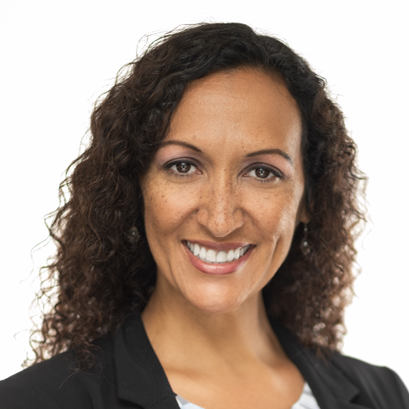
Dawn Hunter, JD, MPH

Sara Rogers, MPH
Dawn Hunter, JD, MPH, is Director of the Southeastern Region of the Network for Public Health Law. Dawn’s work focuses on research, analysis, implementation, and capacity building related to the use of law and policy to improve health outcomes and advance racial equity. She is particularly interested in the development of racial equity action plans and implementation strategies at the state and local level and leads an ongoing assessment of declarations of racism as a public health crisis and related efforts to address health inequities. Dawn has previously served as deputy state health official in New Mexico, where she led legislative planning and policy development, strategic planning, performance management, and public health accreditation.
Sara Rogers, MPH, is the Senior Program Coordinator of the Southeastern Region of the Network for Public Health Law. In her role, Sara works collaboratively with stakeholders and partners, conducts research and analysis, and supports key programmatic work. Her commitment to community, social justice, and advancing health equity drive her interest in public health administration and policy. Sara has previously worked for the Public Health Law Center, the Minnesota Department of Human Services, and the International Rescue Committee. She also served in the Peace Corps as an education volunteer in Bulgaria.
Registration
Select the Enroll Me button below to register for this recording. If you have any trouble accessing the recording, contact support@nephtc.org.
Acknowledgement: This project is supported by the Health Resources and Services Administration (HRSA) of the U.S. Department of Health and Human Services (HHS) as part of award 2 UB6HP31685‐05‐00 “Public Health Training Centers.” The contents are those of the author(s) and do not necessarily represent the official views of, nor an endorsement, by HRSA, HHS or the U.S. Government.
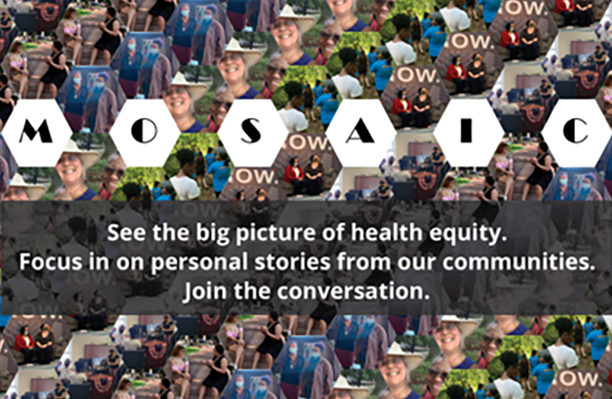
MOSAIC - Health Equity Perspectives from our Communities
What needs to take place to dismantle the systemic racism in our public health institutions and what needs to be built for an equitable and just community? Let’s watch the film together to hear from leaders in our communities of color to discover some next steps.


Register
Course Information
- Audience: Community Health Workers and Public Heath Professionals
- Format: Online Film Screening/Discussion
- Date/Time: Friday, September 30, 2022
12:00-1:00 PM EST - Price: Free
- Length: 1 hour
- Credential(s) eligible for contact hours: Sponsored by New England Public Health Training Center (NEPHTC), a designated provider of continuing education contact hours (CECH) in health education by the National Commission for Health Education Credentialing, Inc. This program is designated for Certified Health Education Specialists (CHES) and/or Master Certified Health Education Specialists (MCHES) to receive up to 1 total Category I continuing education contact hours. Maximum advanced-level continuing education contact hours are 0. Provider ID: 1131137 Event ID: PM1131137_09302022.
If you are not seeking a CHES/MCHES contact hours, if you complete the post-test and evaluation, you will receive a Certificate of Completion. The Certificate will include the length of the course.
- Competencies: Community Partnership Skills
- Learning Level: Awareness
- Companion Trainings: None
- Supplemental materials: wmehnfilm.org
- Pre-requisites: None
About this Workshop
What becomes possible when we ask:
What would a world without racism look like?
What
would it be like if quality healthcare were accessible to all?
How
can we embrace and support wellbeing in all its manifestations?
What
could healthy communities look like…and accomplish?
These are some of the questions we continuously ask ourselves in our work at the Western Massachusetts Health
Equity Network. The Network commissioned a film that will serve as a centerpiece to meaningful discussions and action on health equity across Western Massachusetts and New England. MOSAIC amplifies the voices of people working within and for our communities of color
toward equity, justice, and representation in all aspects of life, including healthcare.
Join us for a Watch Party and Conversation of MOSAIC: Conversations on Racism and Health in Western Massachusetts/New England
. Highlighted in the film are the Women of Color Health Equity Collective, Estoy a Aqui, BRIDGE members in the Berkshires and the Okteteau Cultural Center. For more information before the webinar visit
wmhenfilm.org.
What you'll learn
At the end of the course, participants will be able to:
- Explain the value of personal accounts/short films in illustrating health equity and racial justice issues
- Examine the ways in which historical and contemporary racism has contributed to health inequities
- Summarize new ways of approaching health equity through new perspectives offered in the film
This webinar will be recorded and made available within 2 business days of the webinar close. Please log in to view the recording in the section "View a Recording of the Webinar.
Subject Matter Experts
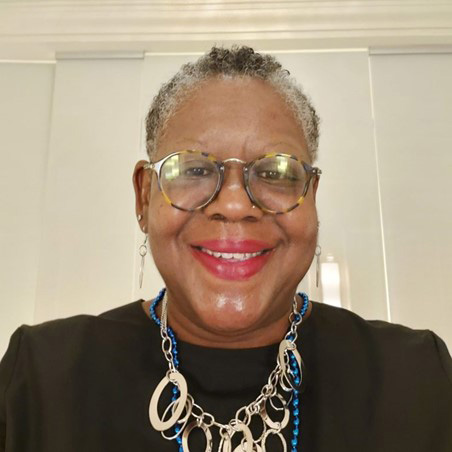
Brenda D. Evans, MPH
Co-Chair of the
WMHEN Film
Summit Planning Committee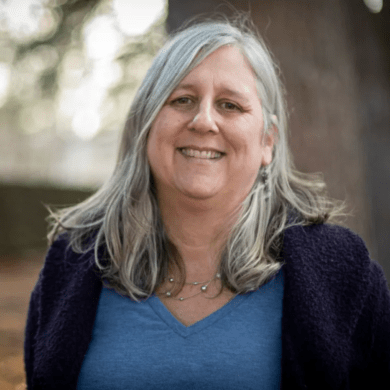
Risa Silverman
Coordinator, Western MA Health Equity Network, UMass School of Public Health & Health Sciences
Brenda D. Evans is a lifelong resident of Springfield, Massachusetts, and a double alum of UMass Amherst. She has more than 20 years of education and experience in the public health field, which includes training, healthcare workforce development, and community engagement. She is dedicated to population health and health equity via advocacy and intersectional systematic change to achieve optimal health for all. Brenda’s public health career includes more than 10 years at the City of Springfield Department of Health & Human Services and serving as Director of the Pioneer Valley Area Health Education Center (PV AHEC), a healthcare workforce development program with a youth component and an adult workforce component. She was a founding member and the director of the Community Outreach Worker Network (COWNT) Coalition of Western Massachusetts, providing support, training, and networking opportunities for Community Health Workers from 2006-2016. She is currently Community Research Liaison for the Center for Community Health Equity Research at UMass Amherst School of Public Health and Health Sciences, connecting faculty researchers with community-based entities with aligned interests to perform community-based participatory research or community-engaged research. She is also the founding director of the Community Health Workers Coalition of Greater Springfield.
Risa has more than 35 years of experience working as a community organizer and public health networker throughout Western Massachusetts, Philadelphia, and California. She founded and directs the Office for Public Health Practice and Outreach at the University of Massachusetts Amherst School of Public Health & Health Sciences, building connections among students, faculty, and community partners for the past 25 years. She created the Western Massachusetts Health Equity Network (WMHEN) in 2014 to address this region’s unique health equity and justice issues. She teaches Community Development in Health Education to UMASS Amherst undergraduates, and she has served on boards and committees of Community Involved in Sustaining Agriculture and the Massachusetts Public Health Association Policy Council. Most recently, Risa began to serve as an ally with the Women of Color Health Equity Collective. For two years of the pandemic, Risa served as Co-Chair for the Professional Staff Union alongside her day job. She has a Master of Public Health degree from UMass Amherst along with bachelor’s degrees in both Peace & Conflict Studies and History from the University of California Berkeley. When COVID became an obstacle to holding the 2022 Western Massachusetts Health Equity Summit, Risa led the effort to commission the film MOSAIC as a centerpiece for smaller events being held throughout the region. In her spare time, she is learning the art of pastels and cooking new foods whenever possible.
Registration and Contact Hours
Select the Enroll button below to register for this webinar. If you have any trouble accessing the webinar, contact trainingmanager@nephtc.org.
Acknowledgement: This project is supported by the Health Resources and Services Administration (HRSA) of the U.S. Department of Health and Human Services (HHS) as part of award 2 UB6HP31685‐05‐00 “Public Health Training Centers.” The contents are those of the author(s) and do not necessarily represent the official views of, nor an endorsement, by HRSA, HHS or the U.S. Government.
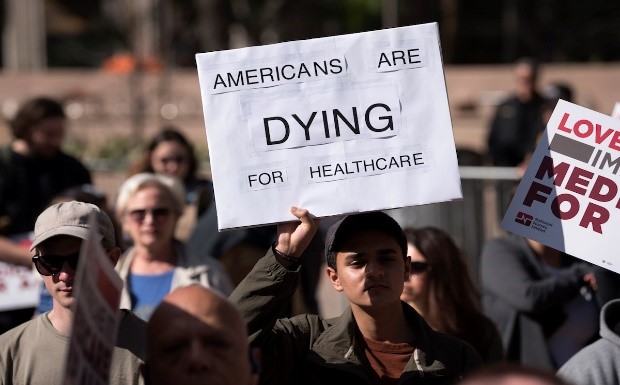
On the Brink: Health Care in Maine and America
Why is the U.S. health care “system” so broken, and what will it take to fix it?

Register
Course Information
- Audience: All public health professionals working in nonprofits, housing, healthcare, educational institutions, government and private sector
- Format: Webinar
- Date/Time: Thursday, April 4th, 2024 12:00 PM – 1:00 PM ET.
- Price: Free
- Length: 1 hour
- Credential(s) eligible for contact hours: Sponsored by New England Public Health Training Center (NEPHTC), a designated provider of continuing education contact hours (CECH) in health education by the National Commission for Health Education Credentialing, Inc. This program is designated for Certified Health Education Specialists (CHES) and/or Master Certified Health Education Specialists (MCHES) to receive up to 1 total Category I continuing education contact hours. Maximum advanced-level continuing education contact hours are 1. Provider ID: 1131137 Event ID: PM1131137_02012024.
If you are not seeking a CHES/MCHES contact hours, if you complete the post-test and evaluation, you will receive a Certificate of Completion. The Certificate will include the length of the course.
- Competencies: Policy Development and Program Planning Skills
- Learning Level: Awareness
- Companion Trainings: None
- Supplemental materials:None
- Pre-requisites: None
About this Webinar
This webinar will briefly review the problematic state of health care in Maine and America and three interlocking factors contributing to its deterioration: lack of access to care, increasing corporatization of health care, and provider shortages. There is no one fix for health care in America, but a publicly funded, universal system of care would greatly improve the current situation. We will discuss what such a system might look like in Maine, how we might get there, what challenges will hinder its establishment, and what problems it will not solve.
What you'll learn
At the end of the webinar, participants will be able to:
- Identify and discuss several current problems with the health care system in Maine and America
- Explain one model for publicly funded, universal health care in Maine
- Describe several challenges to achieving such a system and assuring its effectiveness
Subject Matter Expert
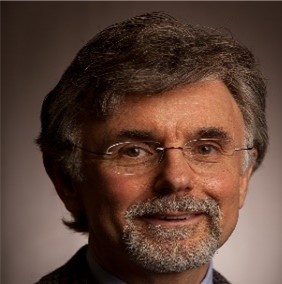
David Jolly
David Jolly, DrPH retired after 17 years of teaching in the Department of Public Health Education at North Carolina Central University, where he conducted prevention research on HIV/AIDS, tobacco, and cancer. He also designed and taught a public health policy course focusing on access to health care. Prior to teaching, Dr. Jolly spent over 15 years working in public health, largely in the field of HIV/AIDS. He served as the first Head of the NC State AIDS Control Branch, the Manager of the North Carolina AIDS Training Network, and the Director of the American Social Health Association’s CDC Hotlines Project Office, where he coordinated the national AIDS, STD, and immunization hotlines. He currently volunteers at the Surry Elementary School and serves on the board of Maine AllCare.
Registration
Select the Enroll Me button below to register for this recording. If you have any trouble accessing the recording, contact support@nephtc.org.
Acknowledgement: This project is supported by the Health Resources and Services Administration (HRSA) of the U.S. Department of Health and Human Services (HHS) as part of award 2 UB6HP31685‐05‐00 “Public Health Training Centers.” The contents are those of the author(s) and do not necessarily represent the official views of, nor an endorsement, by HRSA, HHS or the U.S. Government.

